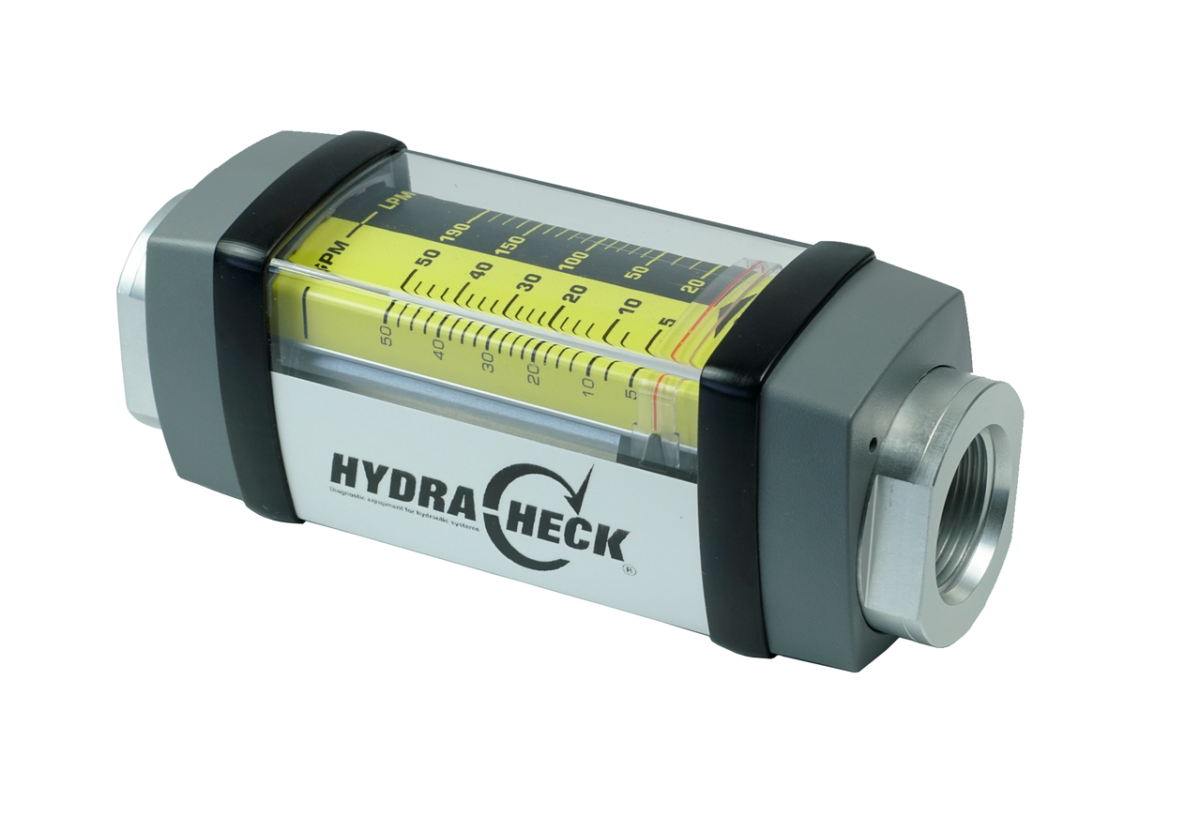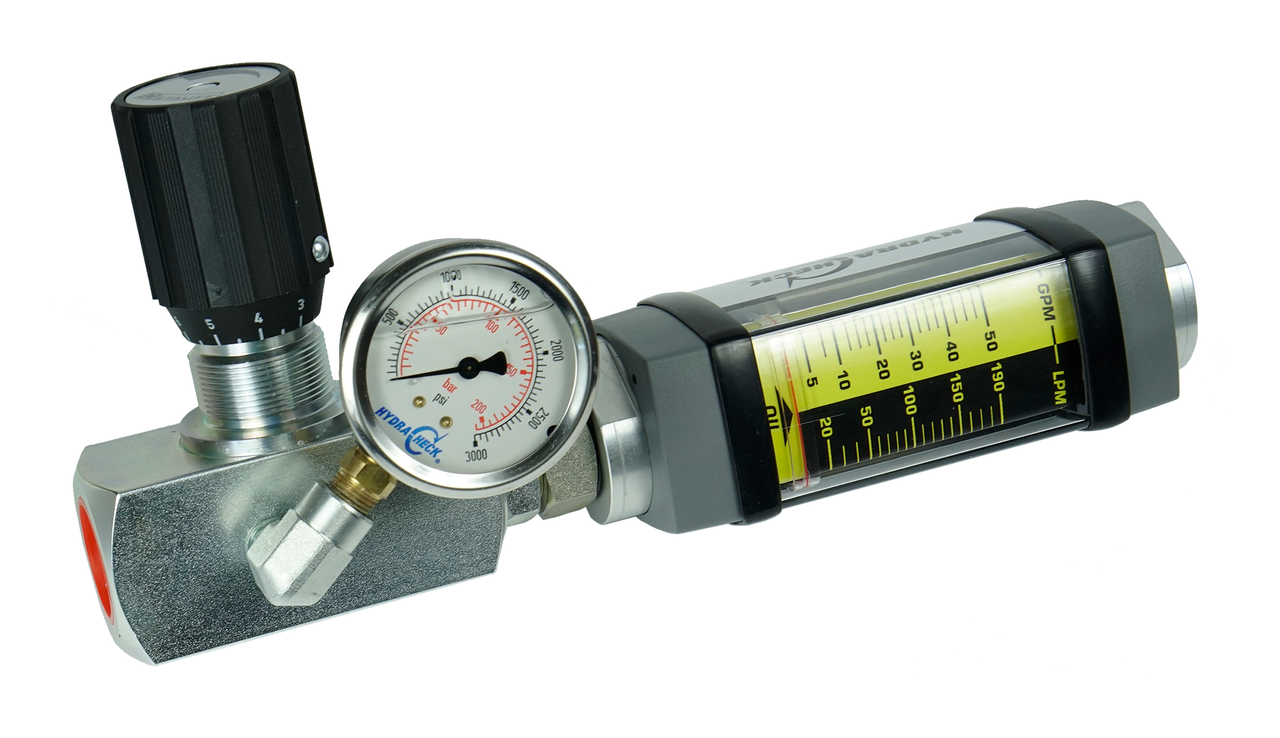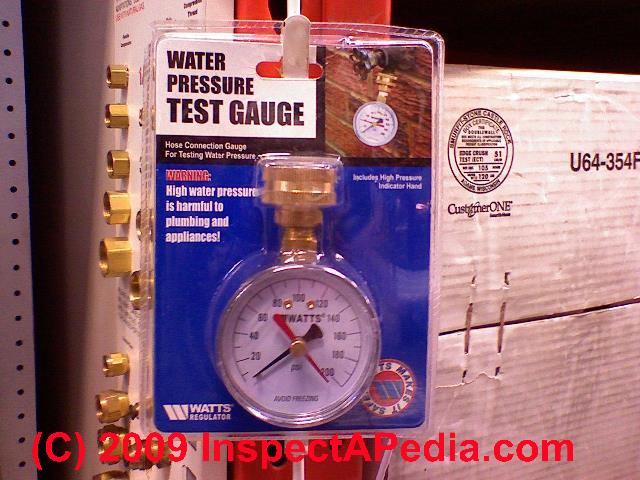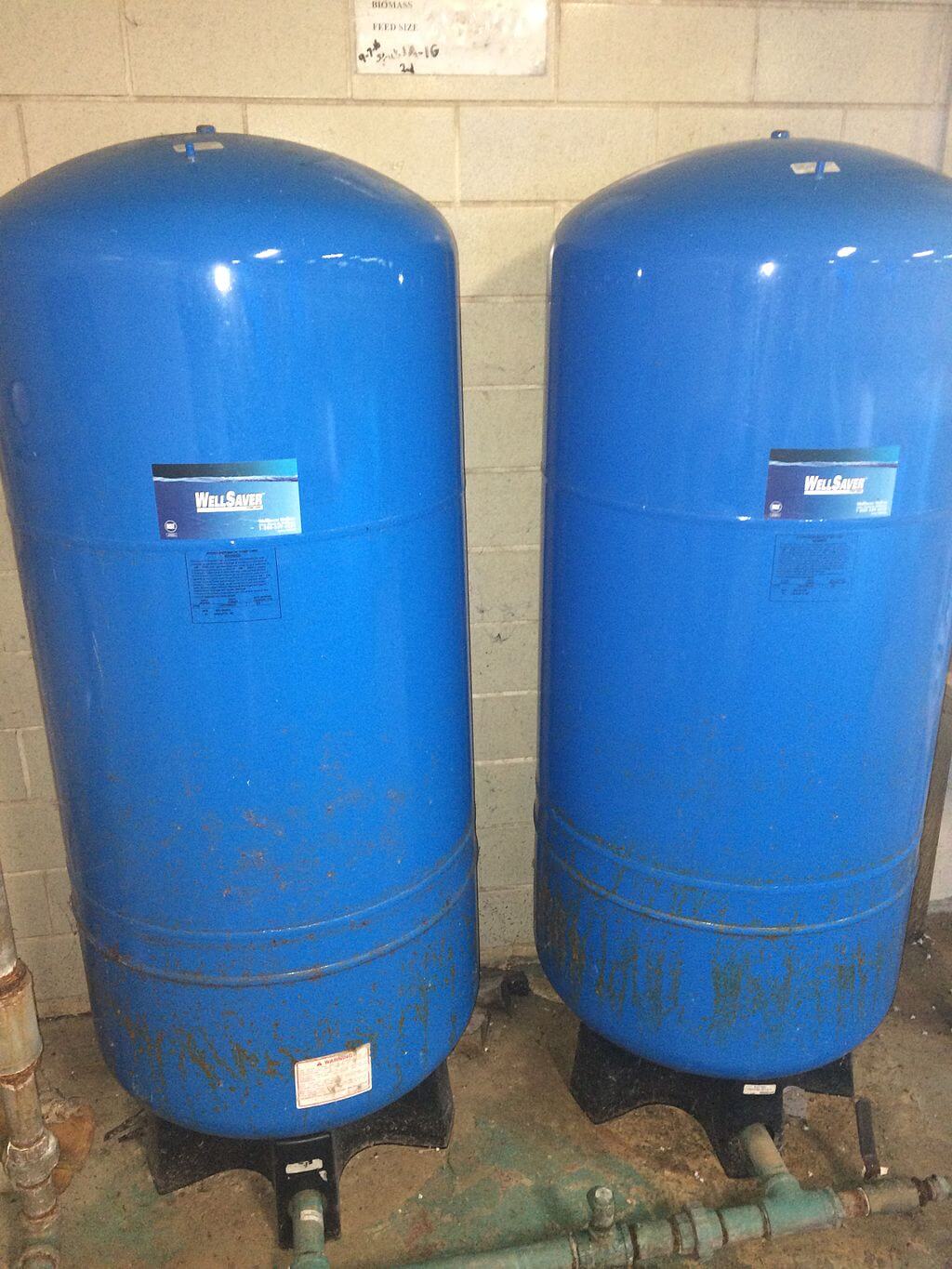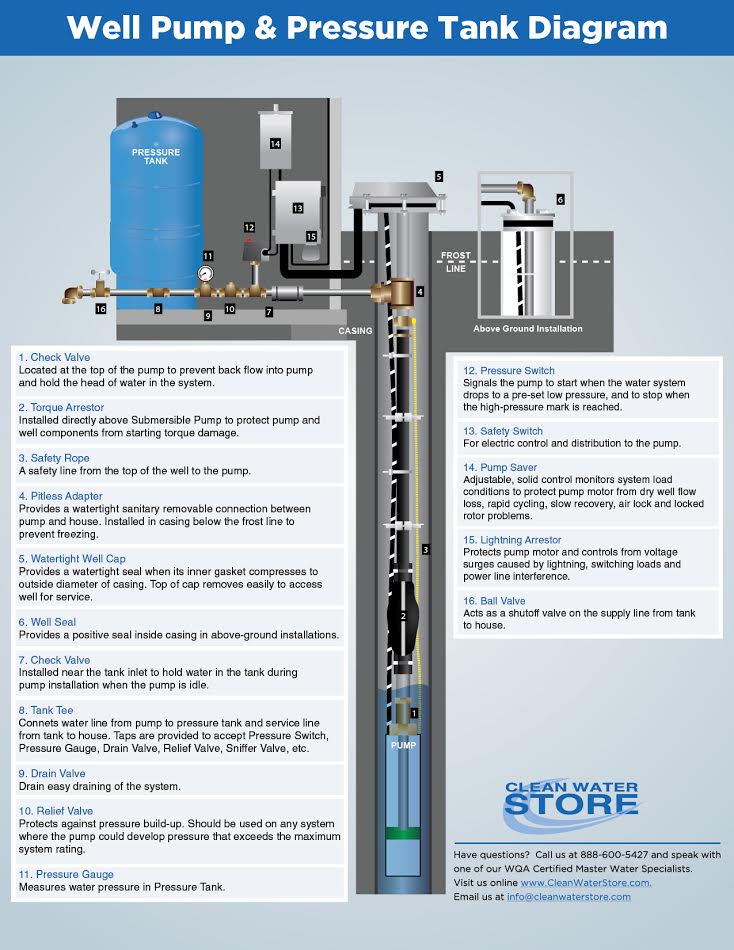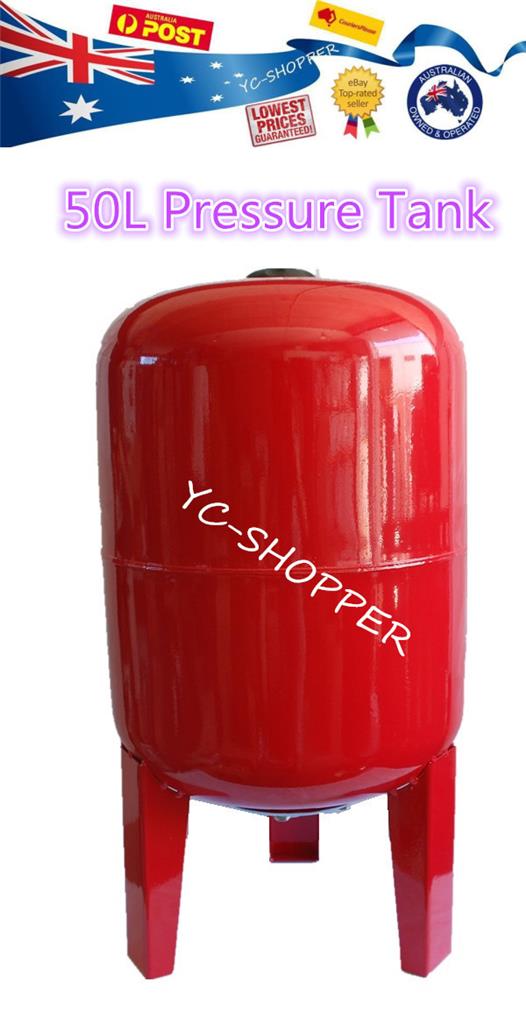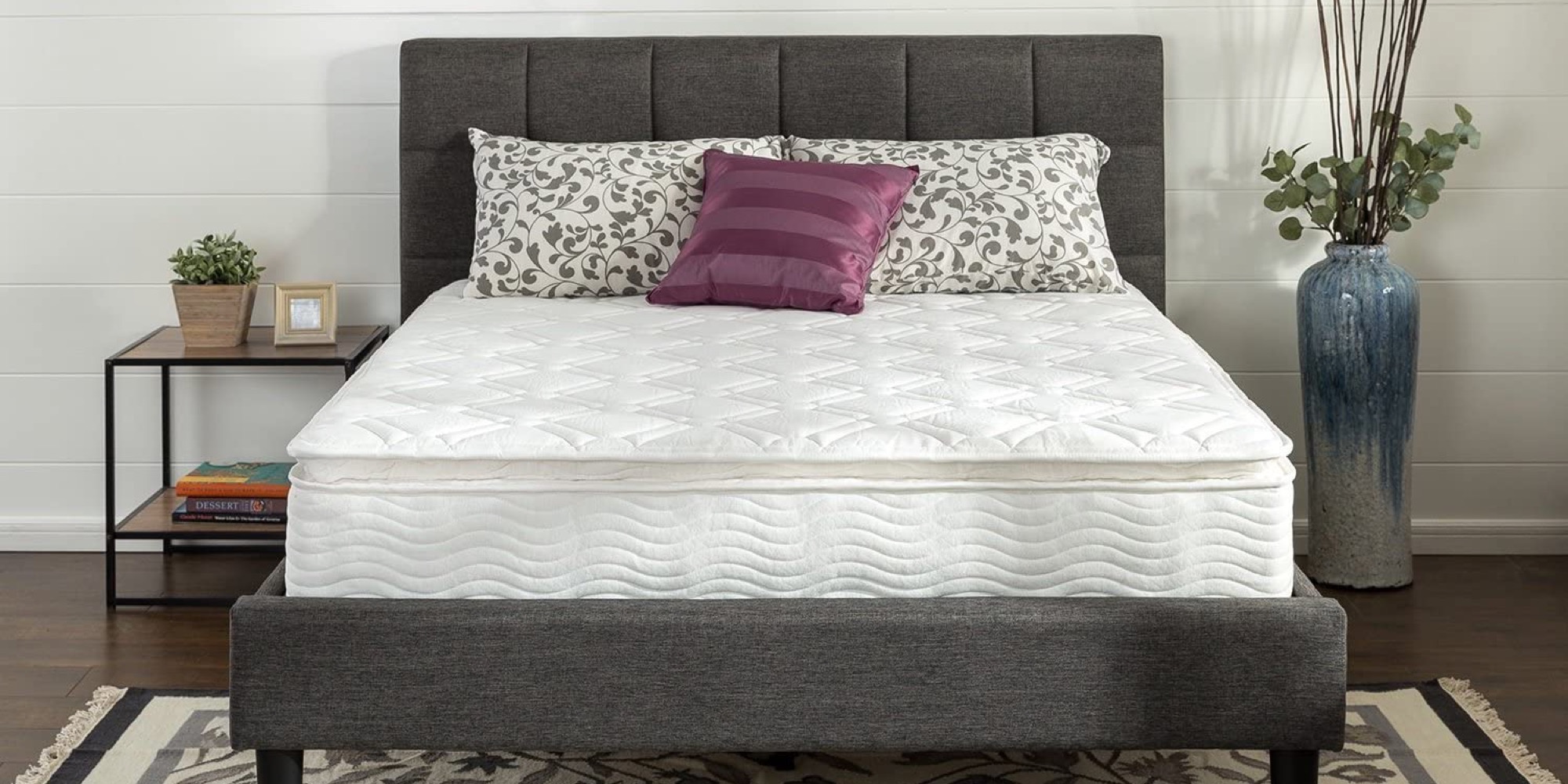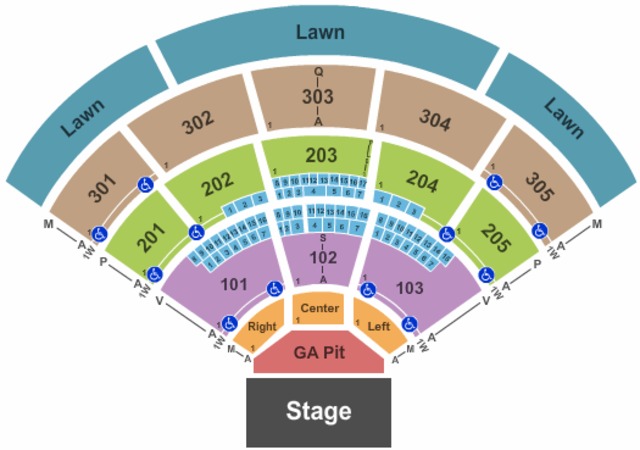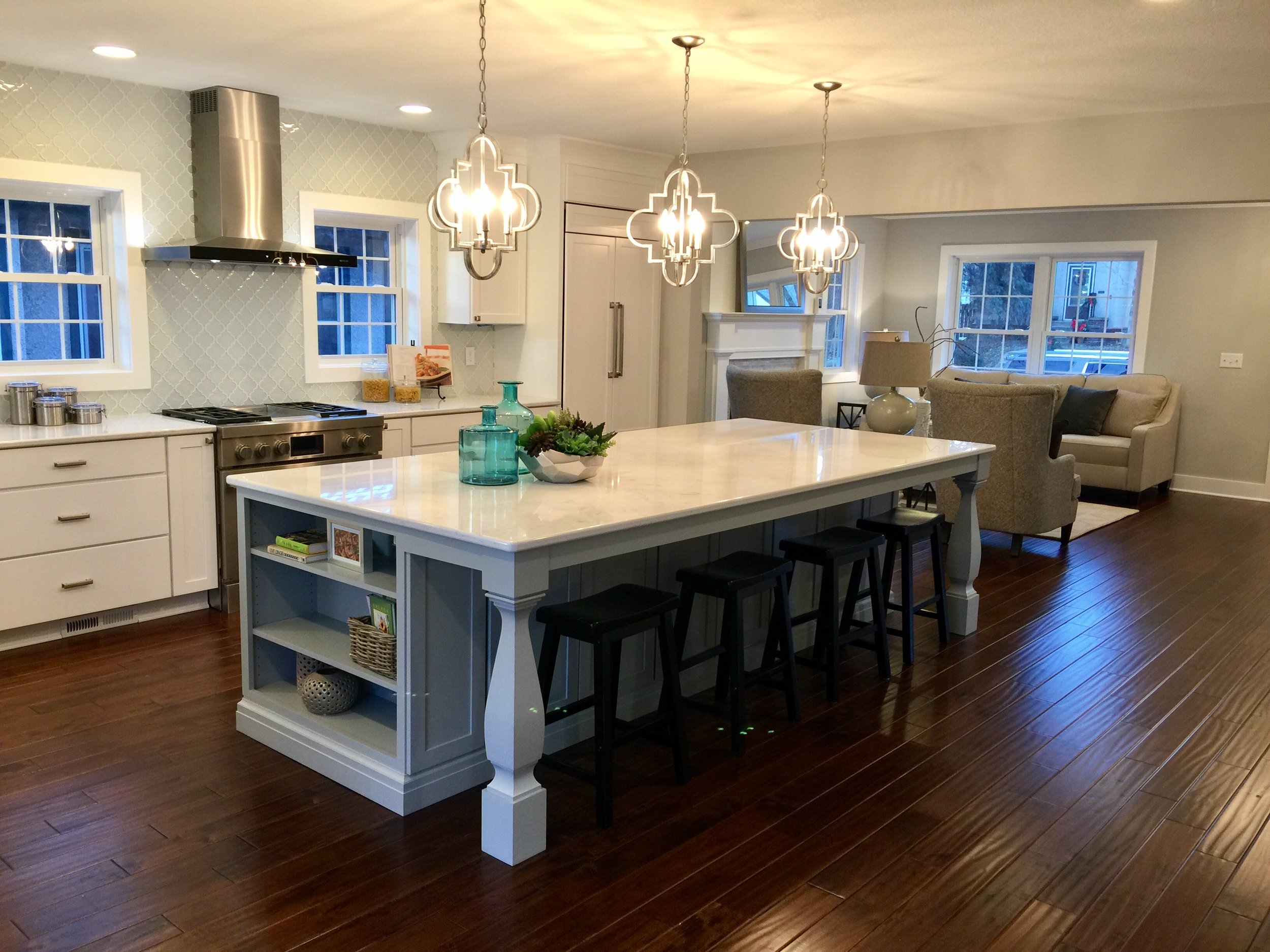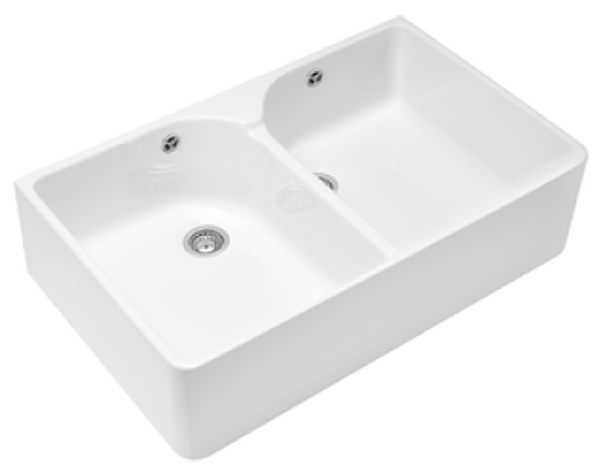If you're experiencing low water pressure in your kitchen sink, the first thing you should check is the aerator. This small device is attached to the end of your sink faucet and is responsible for mixing air with water to create a consistent flow. Over time, mineral deposits and debris can build up in the aerator, causing it to clog and restrict water flow. To check the aerator, simply unscrew it from the faucet and rinse it off under running water. If there is significant buildup, you may need to soak it in vinegar or replace it altogether. This simple fix can often solve low water pressure issues.Check the aerator
Another possible cause of low water pressure in your kitchen sink could be a closed or partially closed water supply valve. This valve is typically located under the sink and controls the flow of water to your faucet. If the valve is not fully open, it can restrict the amount of water that reaches your sink. Make sure the valve is completely turned counterclockwise to allow for maximum water flow. If the valve is already fully open, you may need to replace it if it is faulty or damaged.Check the water supply valve
If your kitchen sink is the only fixture in your home experiencing low water pressure, the issue may lie with the water pressure regulator. This device is responsible for controlling the overall water pressure in your home and can sometimes malfunction or become clogged. If you suspect this is the issue, it is best to call a professional plumber to inspect and potentially replace the water pressure regulator.Check the water pressure regulator
Clogs in your plumbing pipes can also cause low water pressure in your kitchen sink. Over time, debris, grease, and other materials can build up in your pipes, restricting the flow of water. If you have already checked the aerator and water supply valve, the next step is to check for clogs in your pipes. You can try using a plunger or drain snake to clear out any blockages. If the issue persists, it may be necessary to have a professional plumber use specialized tools to clear the clog.Check for clogs in the pipes
Leaks in your plumbing pipes can also contribute to low water pressure in your kitchen sink. Even small leaks can cause a significant decrease in water pressure, as the water is not able to reach your faucet at full force. Check for any visible leaks under your sink and in the pipes leading to your kitchen sink. If you notice any leaks, it is important to have them repaired as soon as possible to prevent further damage and maintain proper water pressure.Check for leaks in the pipes
If your kitchen sink has a built-in water filter, it is important to regularly check and replace it as needed. Over time, filters can become clogged with debris, reducing the flow of water. Refer to the manufacturer's instructions for how often to replace the filter, and be sure to follow them to maintain proper water pressure in your kitchen sink.Check the water filter
In some cases, low water pressure in your kitchen sink may be caused by an issue with the water heater. If you have noticed a decrease in water pressure in other areas of your home as well, it is worth checking the water heater. Sediment buildup in the tank can restrict the flow of water, so it may need to be flushed out or replaced if it is old and worn out.Check the water heater
If your home has a well, the water pressure in your kitchen sink may be affected by the functioning of the water pump. If the pump is not working properly or is damaged, it can result in low water pressure. It is best to call a professional to inspect and potentially replace the water pump if necessary.Check the water pump
Most homes have a water pressure gauge located near the main water shut-off valve. This gauge can give you an idea of the overall water pressure in your home. If the gauge is reading below 40 psi, it could indicate a problem with the water pressure regulator or other issues with your plumbing system. If you are unsure of how to read the gauge or what the readings mean, it is best to consult a professional plumber for assistance.Check the water pressure gauge
Lastly, if your home has a well, it is important to regularly check the water pressure tank. A faulty or malfunctioning tank can result in low water pressure throughout your home, including your kitchen sink. If you suspect the tank may be the issue, it is best to have it inspected and potentially replaced by a professional. If you have tried all of the above solutions and are still experiencing low water pressure in your kitchen sink, it may be time to call a professional plumber. They will have the expertise and tools necessary to diagnose and fix the issue, ensuring proper water pressure for all of your household needs. Don't let low water pressure inconvenience you any longer - take action and get your kitchen sink back to full functionality.Check the water pressure tank
How to Improve Low Water Pressure in Your Kitchen Sink
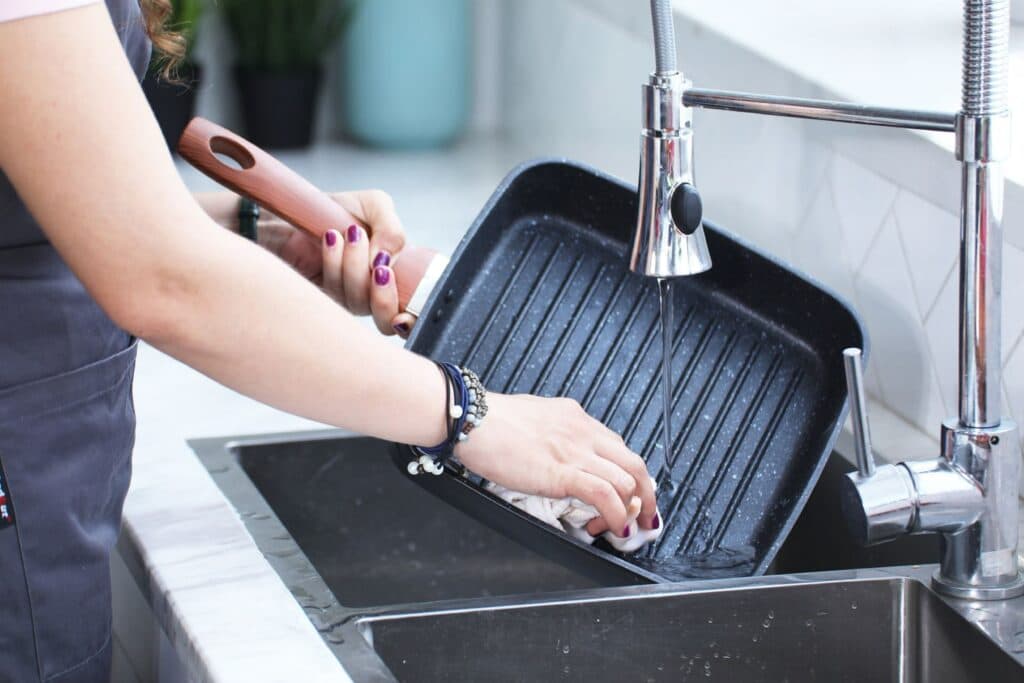
The Importance of Water Pressure in Your Kitchen
 When it comes to our daily tasks in the kitchen, we rely heavily on our water supply. From washing dishes to cooking and cleaning, water is an essential element in our daily routine. That's why it can be frustrating when the water pressure in our kitchen sink is low. Not only does it slow down our tasks, but it can also be a sign of a larger issue with our plumbing system. In this article, we will discuss the causes of low water pressure and how to improve it.
When it comes to our daily tasks in the kitchen, we rely heavily on our water supply. From washing dishes to cooking and cleaning, water is an essential element in our daily routine. That's why it can be frustrating when the water pressure in our kitchen sink is low. Not only does it slow down our tasks, but it can also be a sign of a larger issue with our plumbing system. In this article, we will discuss the causes of low water pressure and how to improve it.
Causes of Low Water Pressure
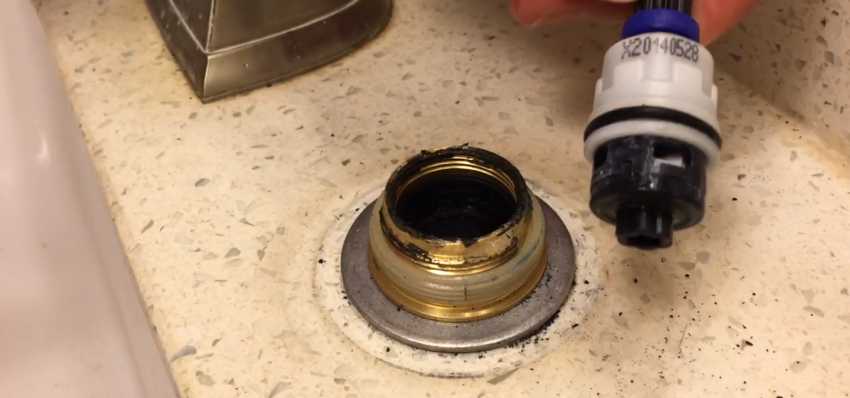 Mineral Buildup:
Over time, minerals such as calcium and magnesium can build up in your pipes, restricting the flow of water. This can lead to low water pressure in your kitchen sink.
Old Pipes:
If you live in an older home, your pipes may be deteriorating, causing them to become smaller and reducing water pressure.
Leaking Pipes:
A leak in your pipes can also cause low water pressure. Even a small leak can result in a significant loss of water pressure over time.
Clogged Pipes:
Similar to mineral buildup, pipes can become clogged with debris and other materials, reducing the flow of water.
Mineral Buildup:
Over time, minerals such as calcium and magnesium can build up in your pipes, restricting the flow of water. This can lead to low water pressure in your kitchen sink.
Old Pipes:
If you live in an older home, your pipes may be deteriorating, causing them to become smaller and reducing water pressure.
Leaking Pipes:
A leak in your pipes can also cause low water pressure. Even a small leak can result in a significant loss of water pressure over time.
Clogged Pipes:
Similar to mineral buildup, pipes can become clogged with debris and other materials, reducing the flow of water.
How to Improve Low Water Pressure
 Check for Leaks:
The first step in improving low water pressure is to check for any leaks in your pipes. If you notice a leak, it's best to call a professional plumber to fix it.
Clear Mineral Buildup:
One way to clear mineral buildup is to flush your pipes with a mixture of vinegar and water. Let the solution sit in your pipes for a few hours before running hot water to flush them out.
Upgrade Your Pipes:
If you live in an older home, consider upgrading your pipes to improve water pressure. Modern pipes are larger and can handle a higher flow of water.
Install a Water Pressure Booster:
A water pressure booster is a device that increases the water pressure in your pipes. It's a simple and cost-effective solution to low water pressure.
Check for Leaks:
The first step in improving low water pressure is to check for any leaks in your pipes. If you notice a leak, it's best to call a professional plumber to fix it.
Clear Mineral Buildup:
One way to clear mineral buildup is to flush your pipes with a mixture of vinegar and water. Let the solution sit in your pipes for a few hours before running hot water to flush them out.
Upgrade Your Pipes:
If you live in an older home, consider upgrading your pipes to improve water pressure. Modern pipes are larger and can handle a higher flow of water.
Install a Water Pressure Booster:
A water pressure booster is a device that increases the water pressure in your pipes. It's a simple and cost-effective solution to low water pressure.
Conclusion
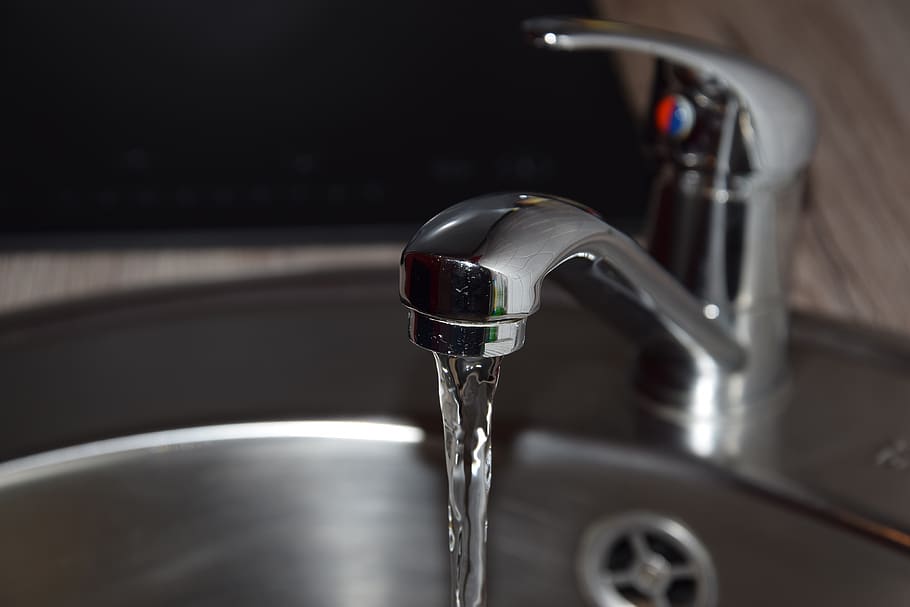 Having low water pressure in your kitchen sink can be a frustrating issue, but it's not something that should be ignored. By identifying the cause of the low water pressure and taking the necessary steps to improve it, you can ensure a steady and reliable water supply in your kitchen. If you're unsure of the cause or unable to fix the issue yourself, it's always best to call a professional plumber for assistance. Don't let low water pressure slow you down in the kitchen – take action and enjoy a fully functional water supply once again.
Having low water pressure in your kitchen sink can be a frustrating issue, but it's not something that should be ignored. By identifying the cause of the low water pressure and taking the necessary steps to improve it, you can ensure a steady and reliable water supply in your kitchen. If you're unsure of the cause or unable to fix the issue yourself, it's always best to call a professional plumber for assistance. Don't let low water pressure slow you down in the kitchen – take action and enjoy a fully functional water supply once again.


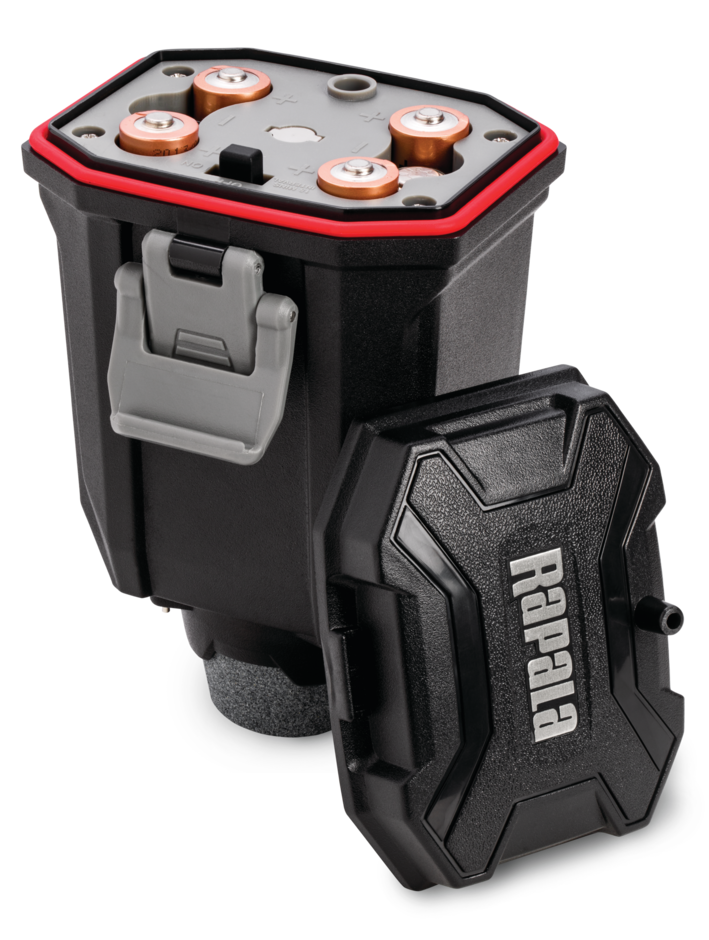

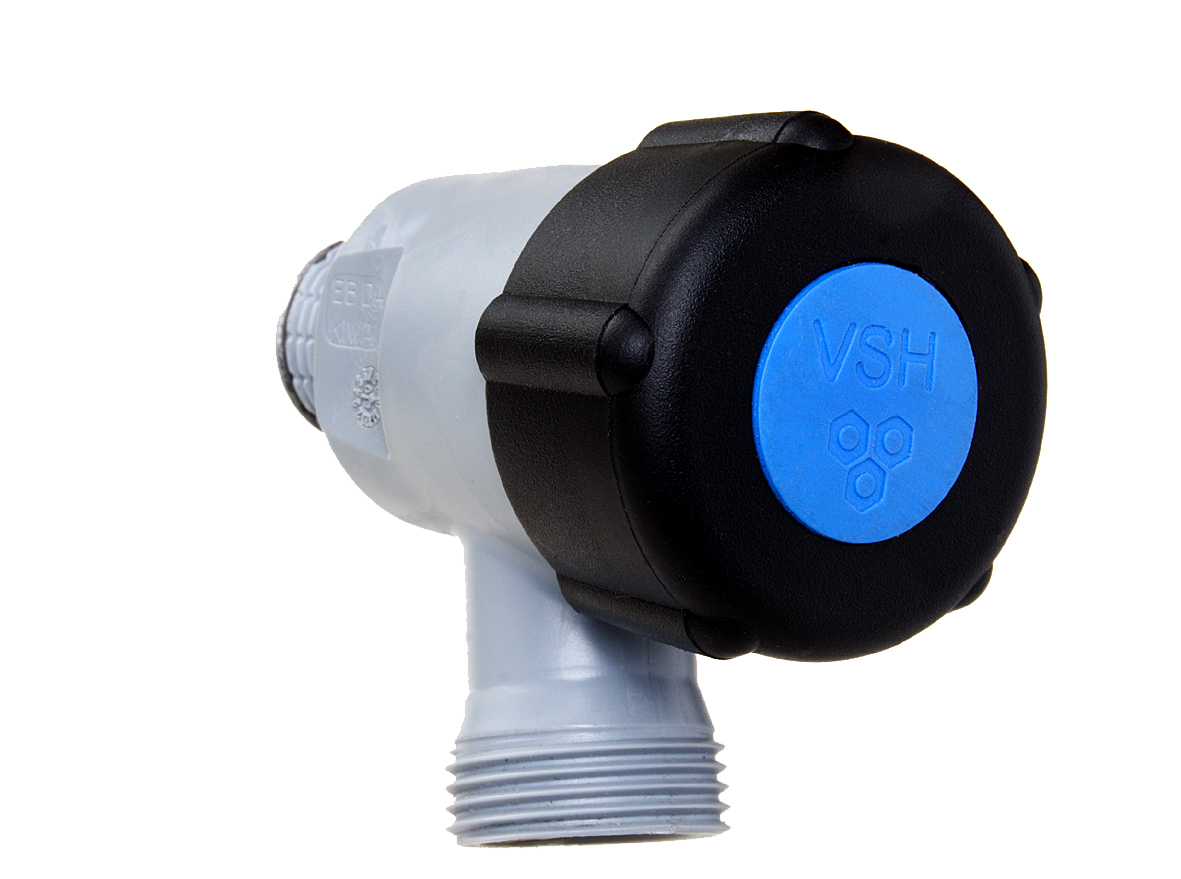





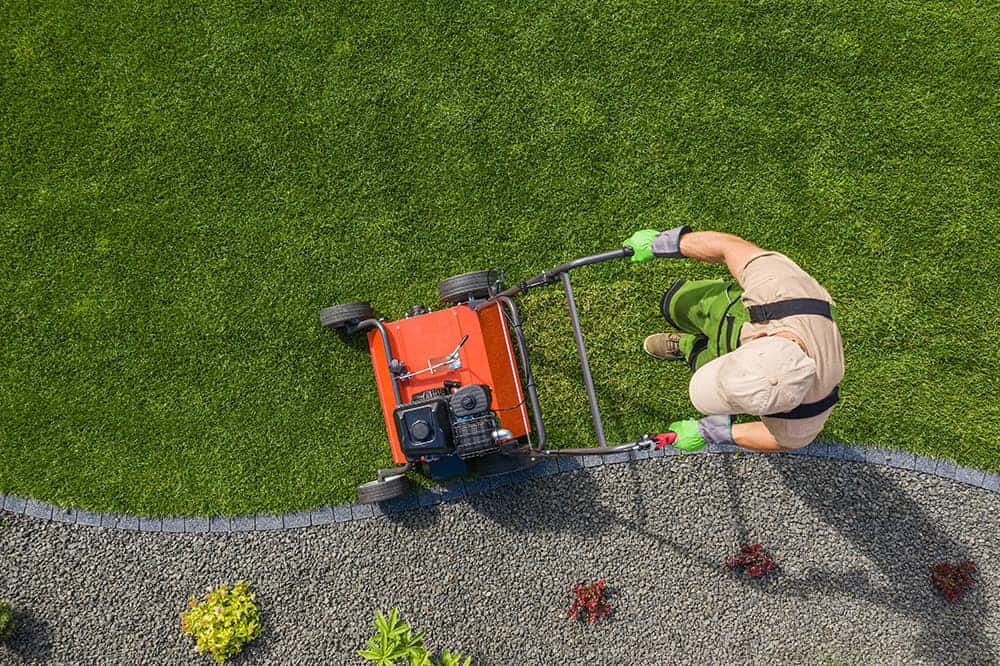

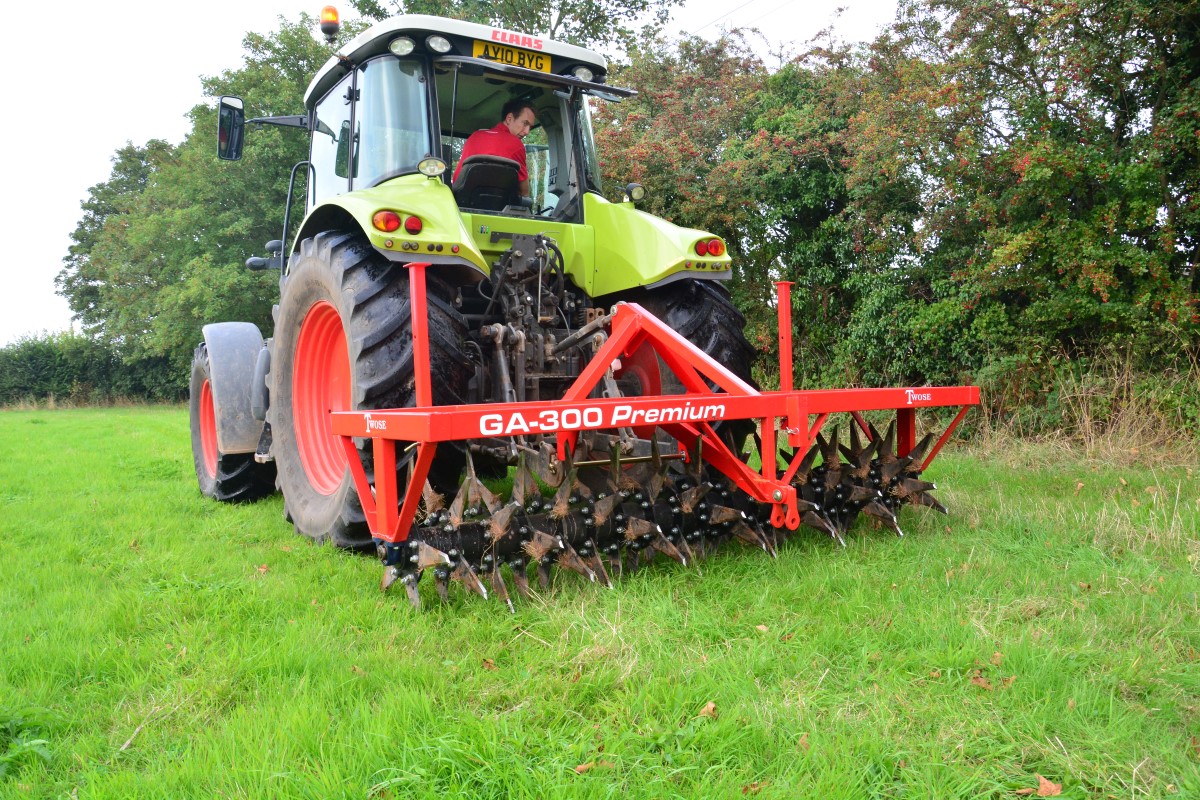
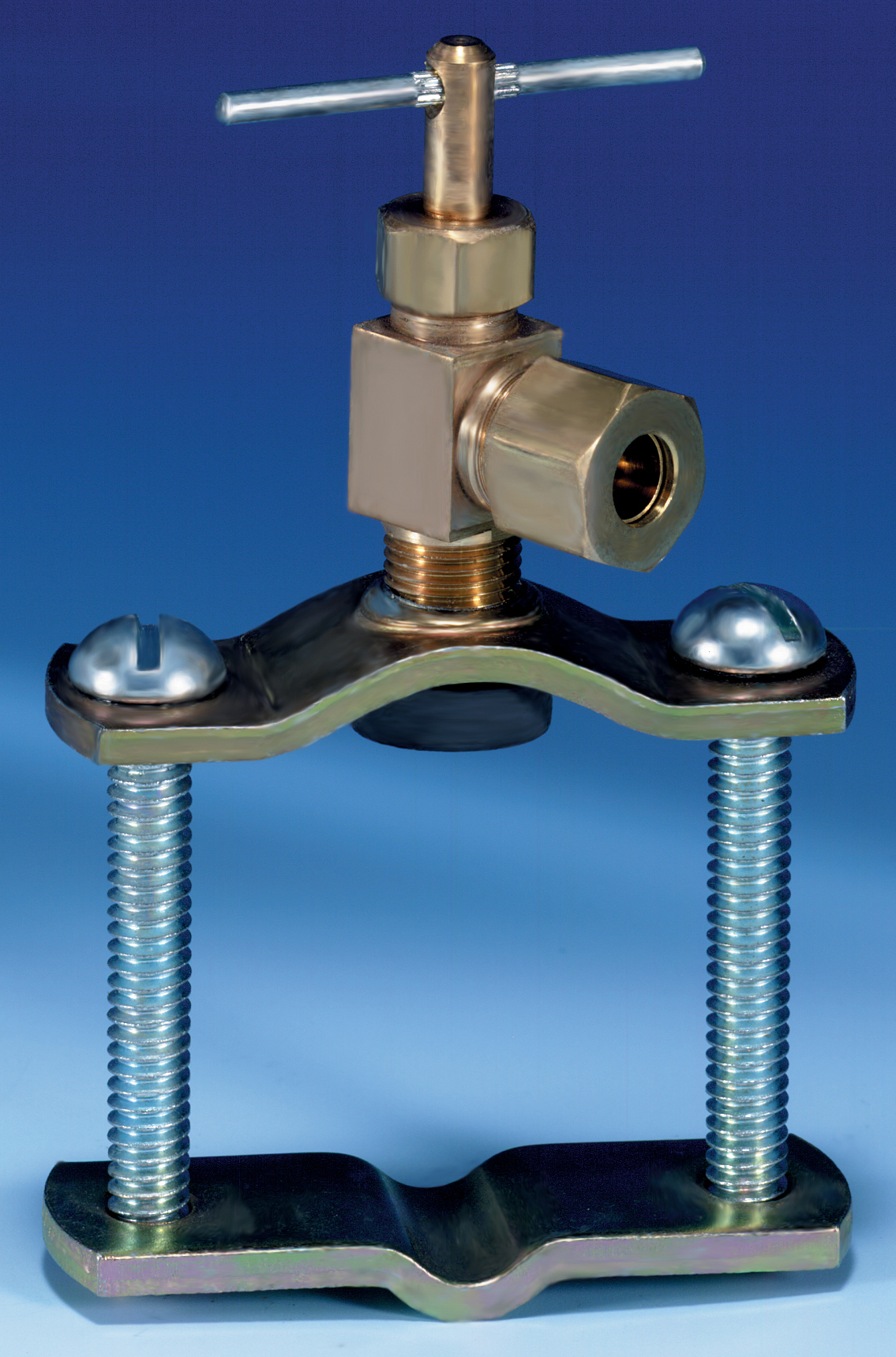





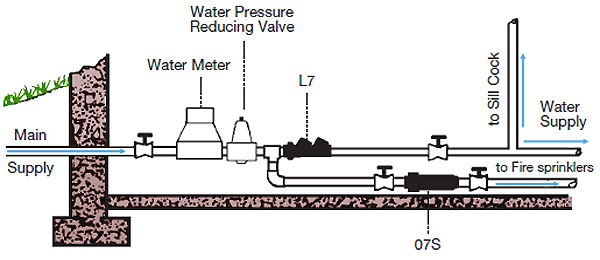
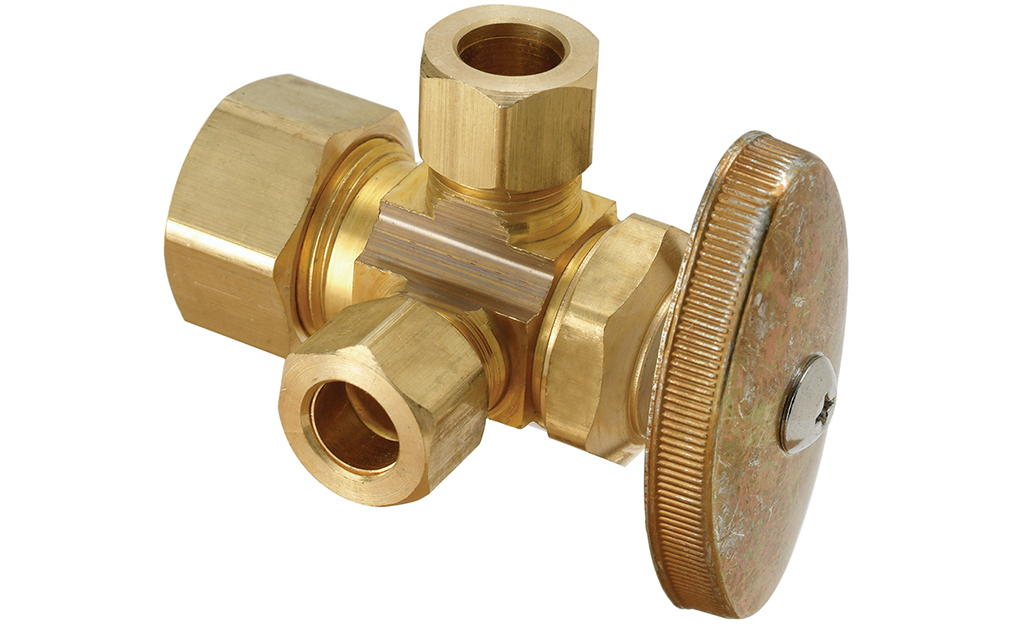
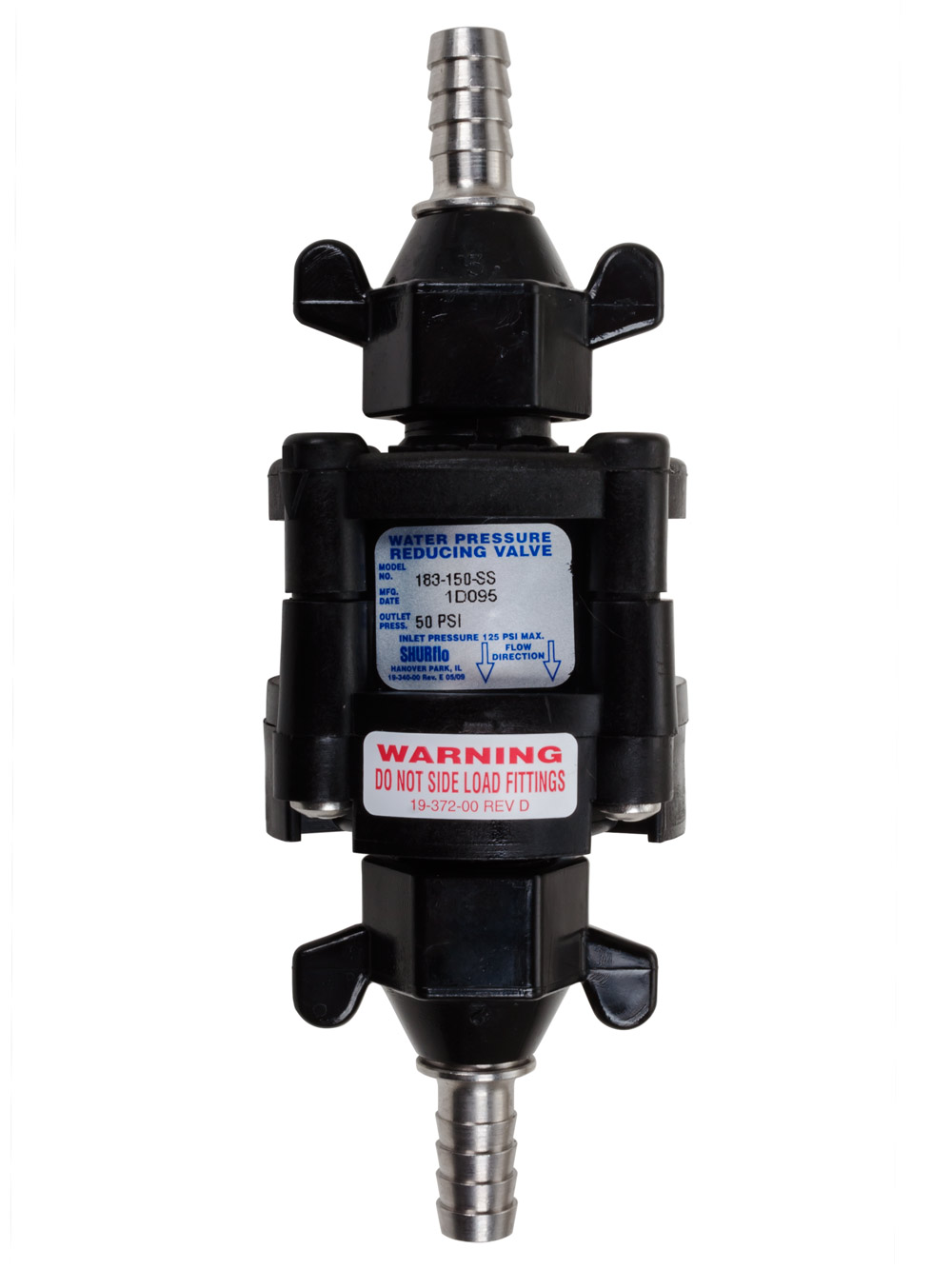

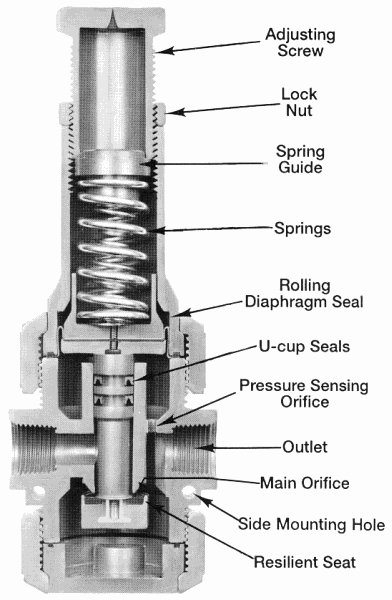
:max_bytes(150000):strip_icc()/the-men-s-hand-opens-the-ball-valve-on-the-collector-1006810456-5c5fc73fc9e77c000159c4af.jpg)


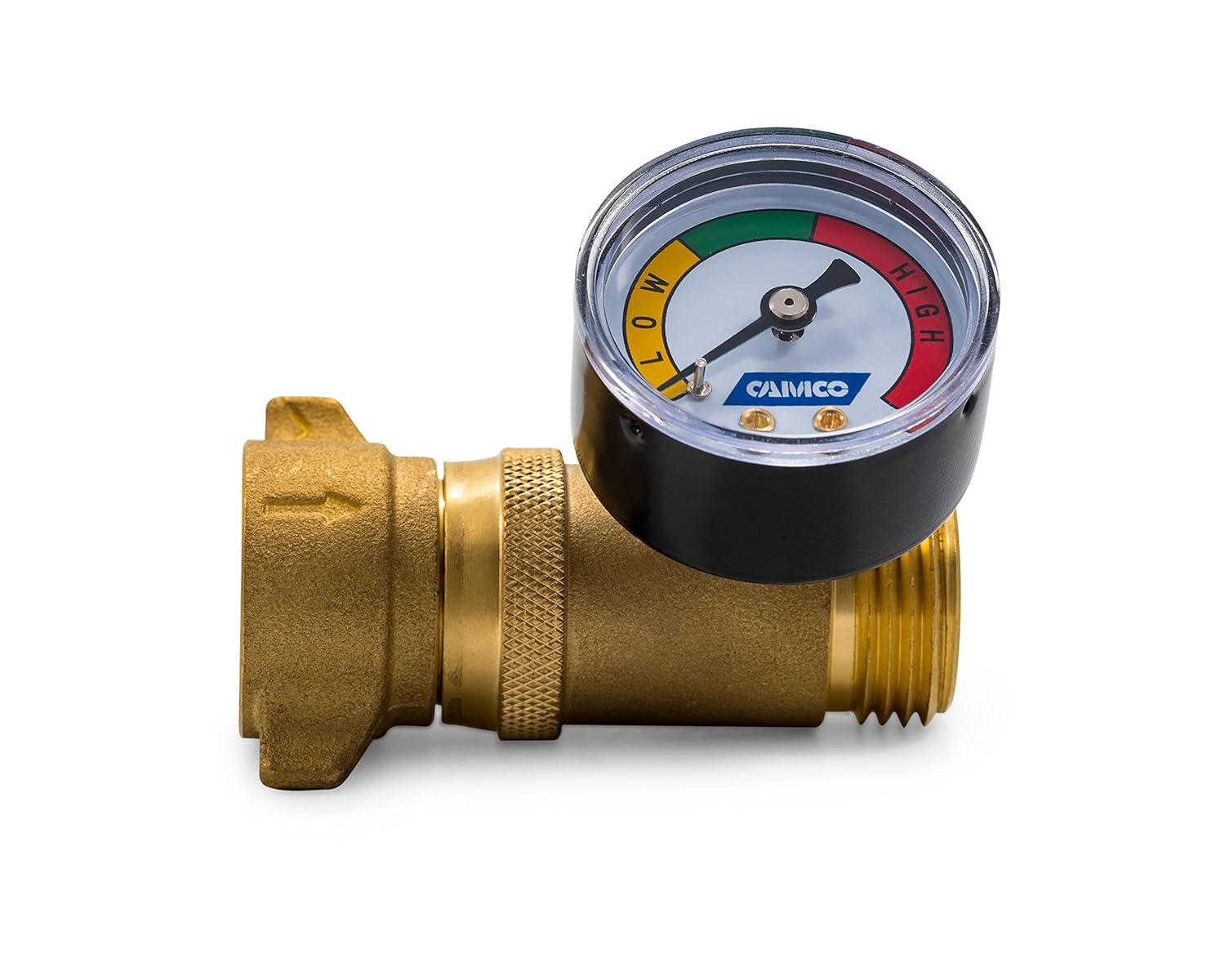


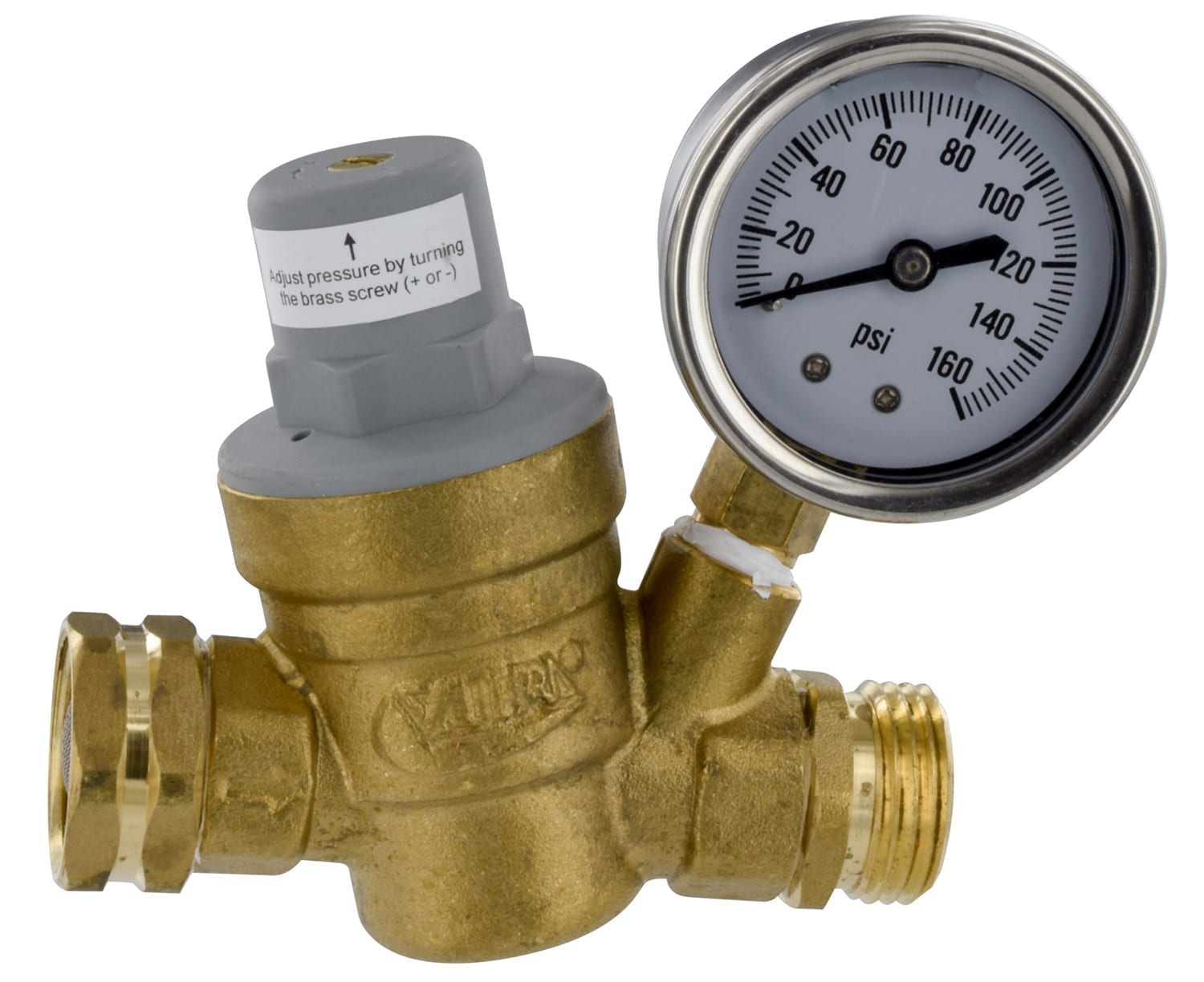




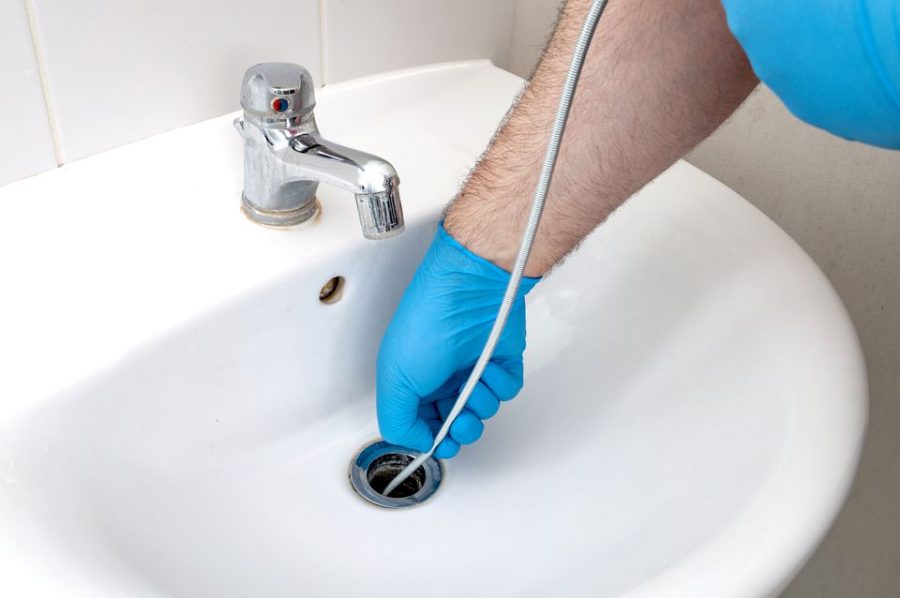
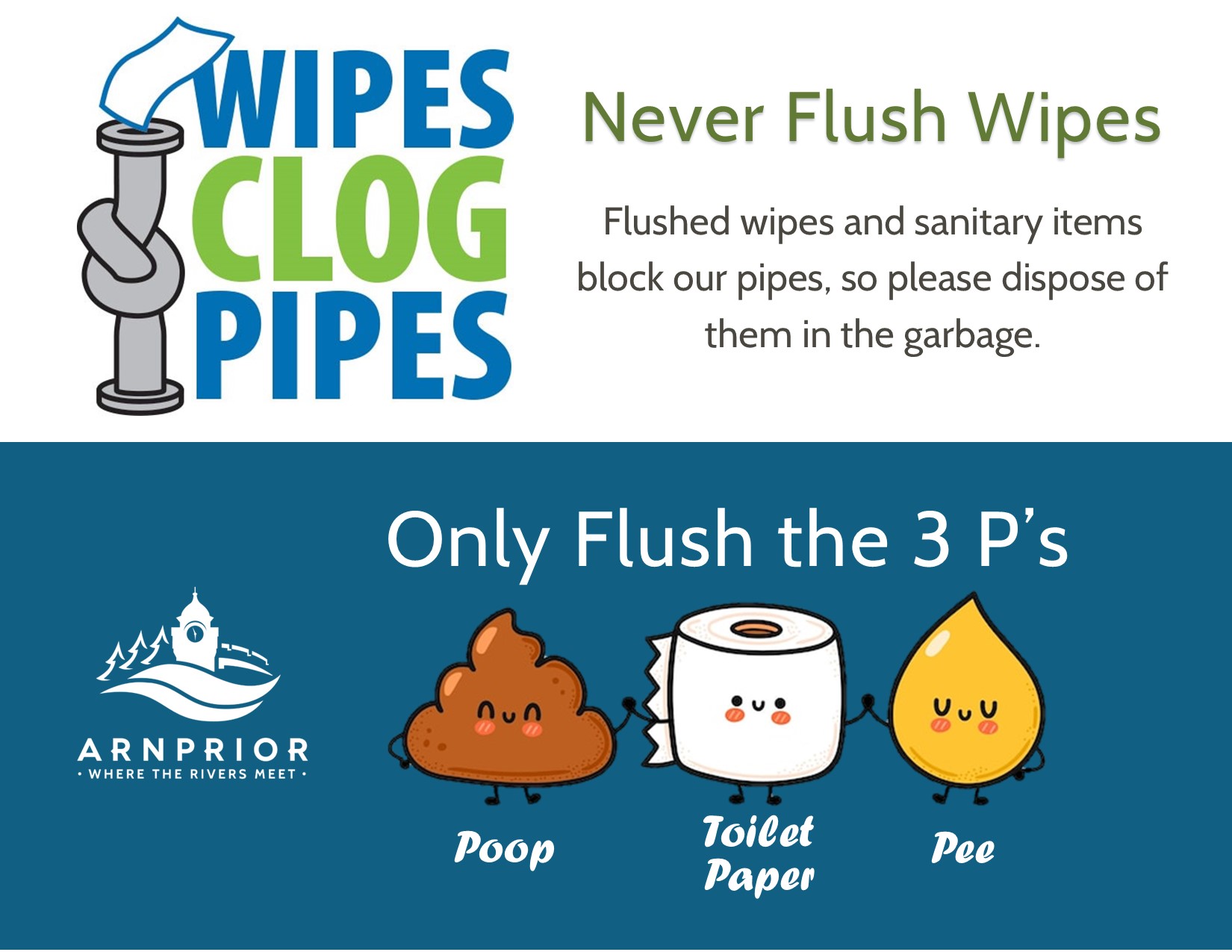




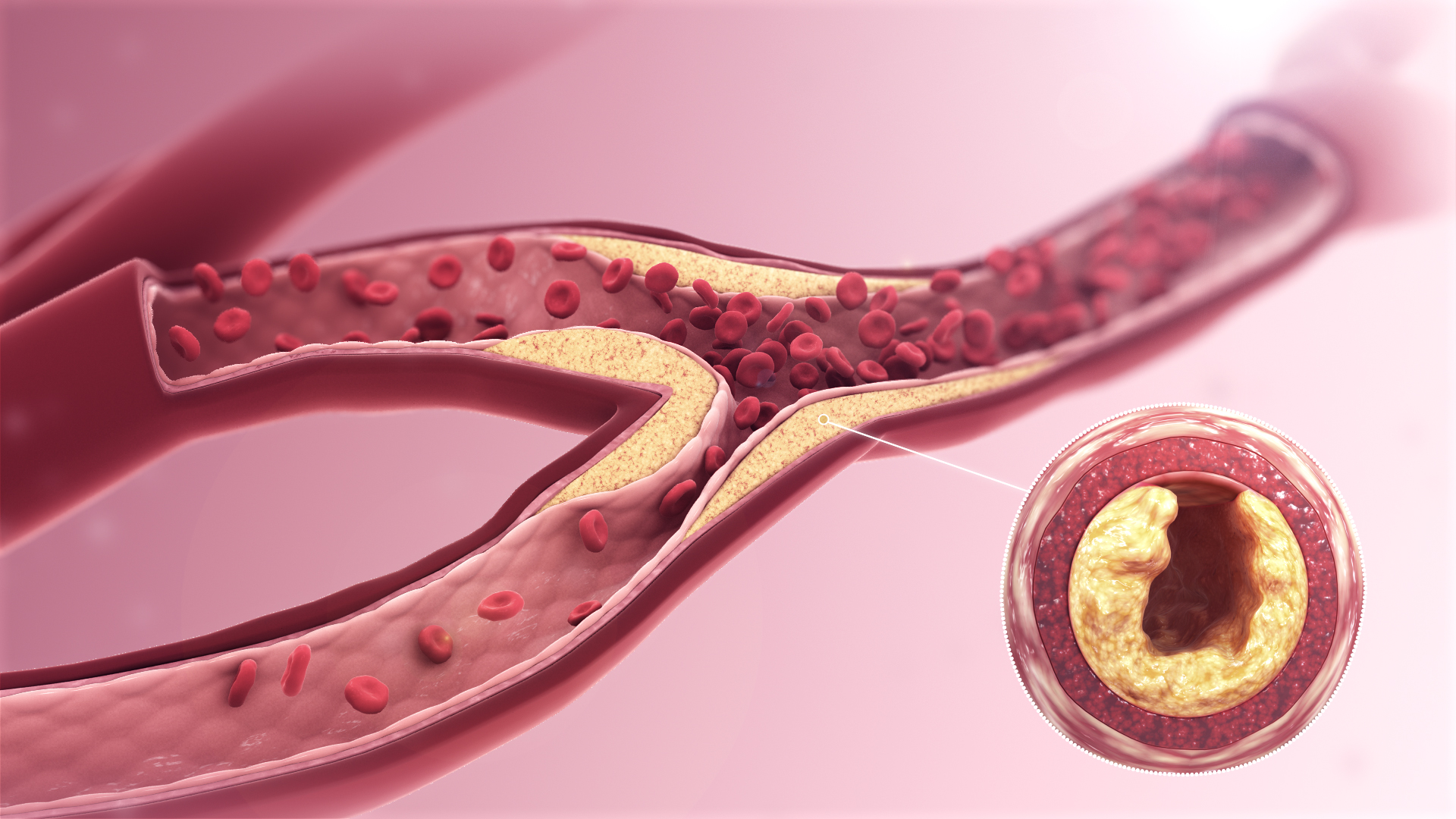






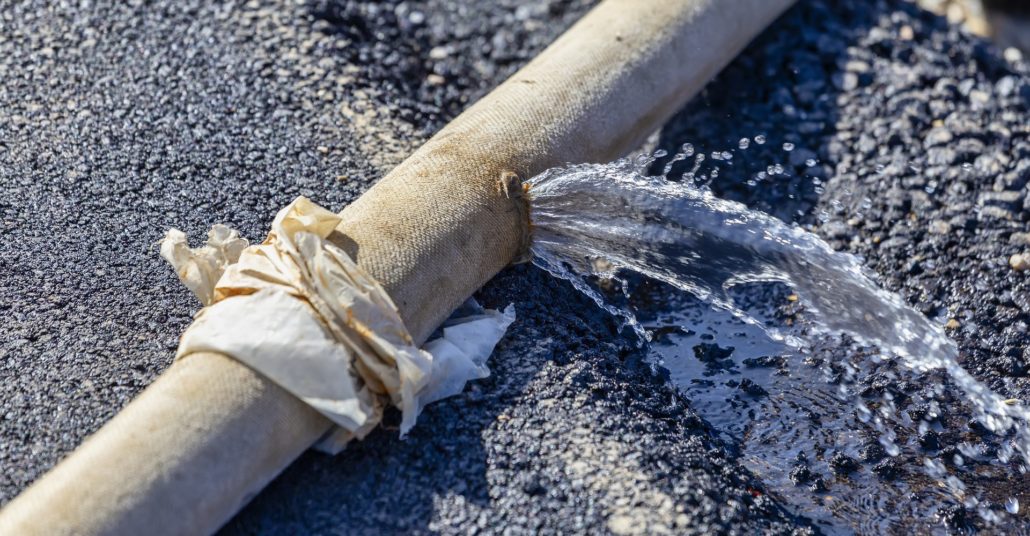

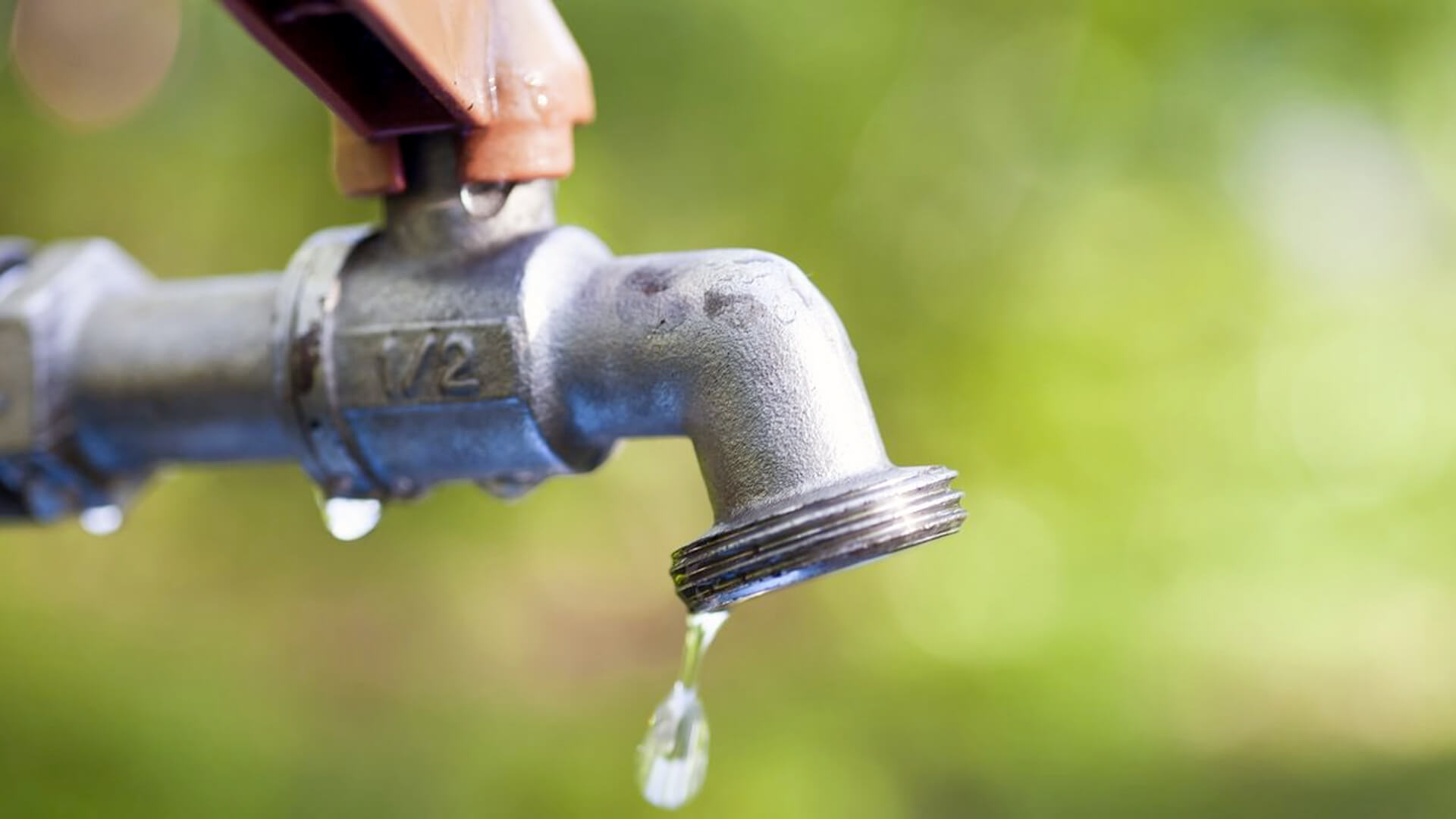

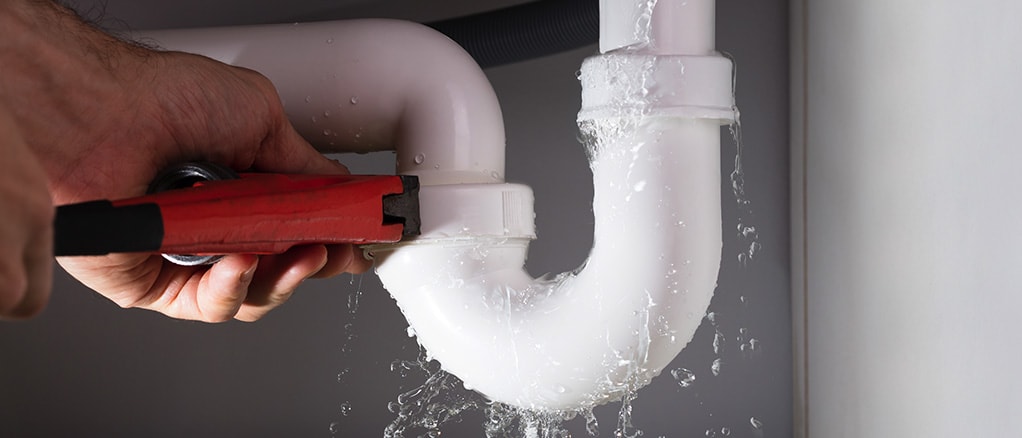

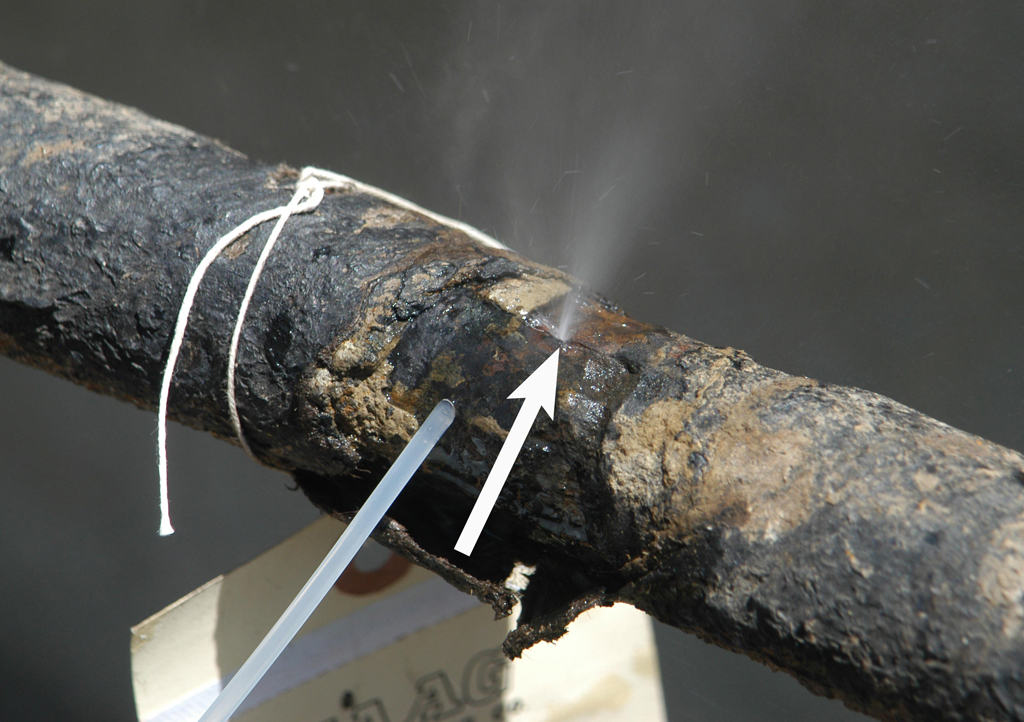

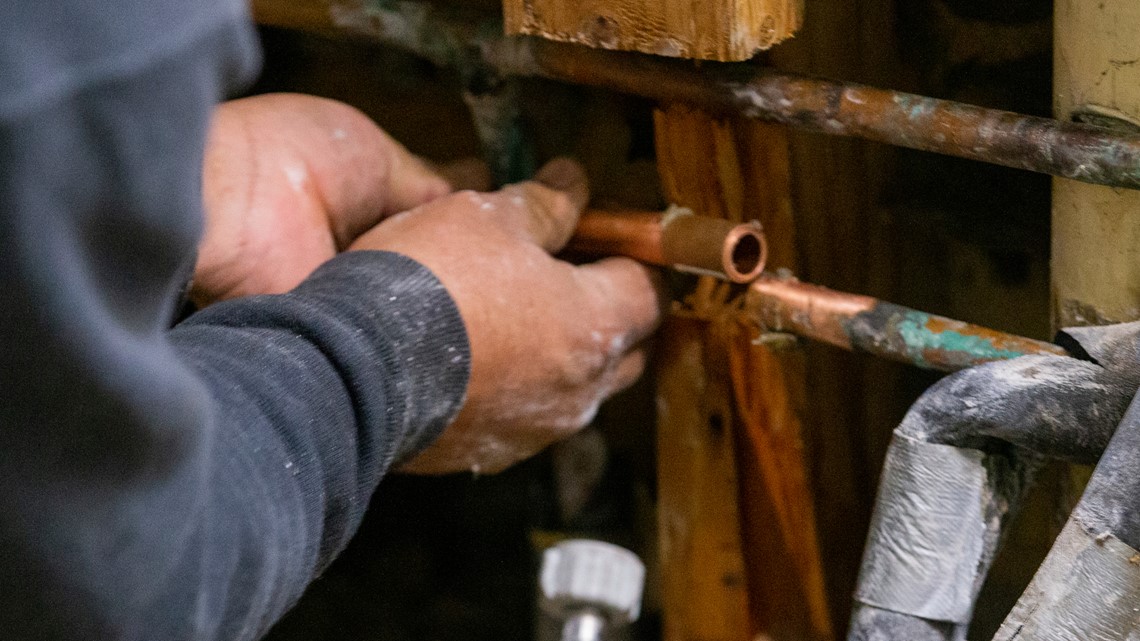







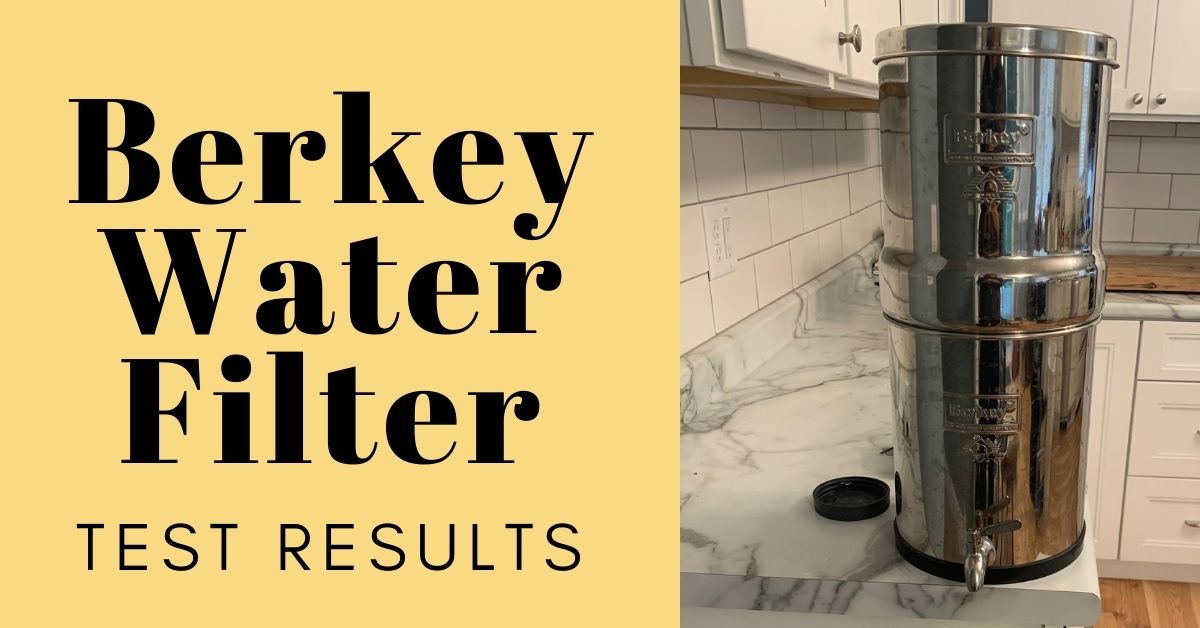
/cdn.vox-cdn.com/uploads/chorus_image/image/63879746/WaterFilter_2.0.jpg)
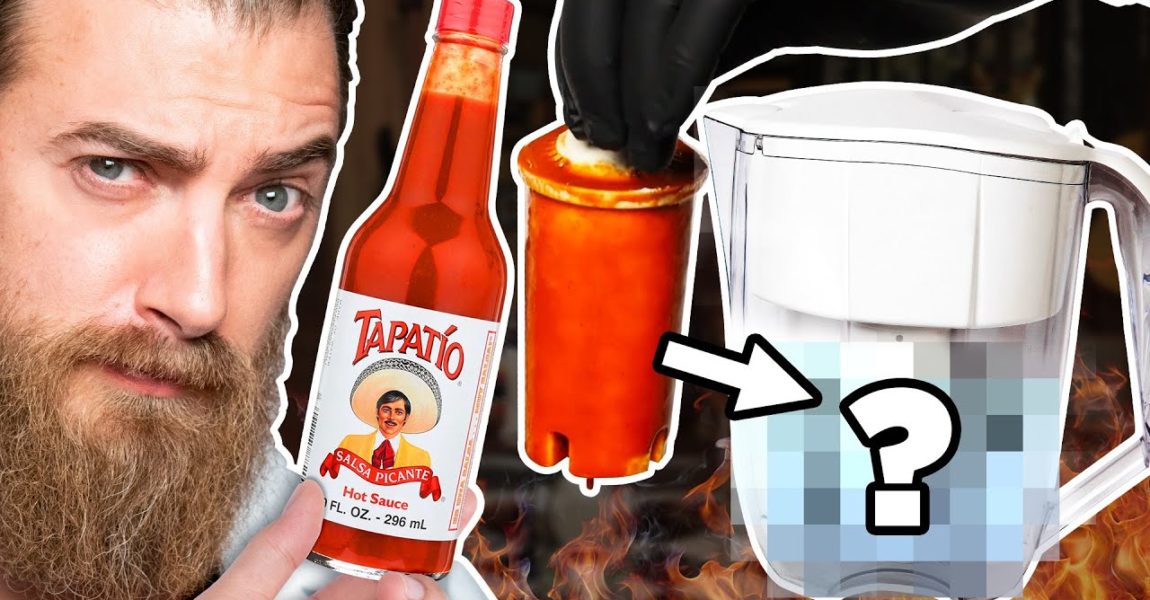
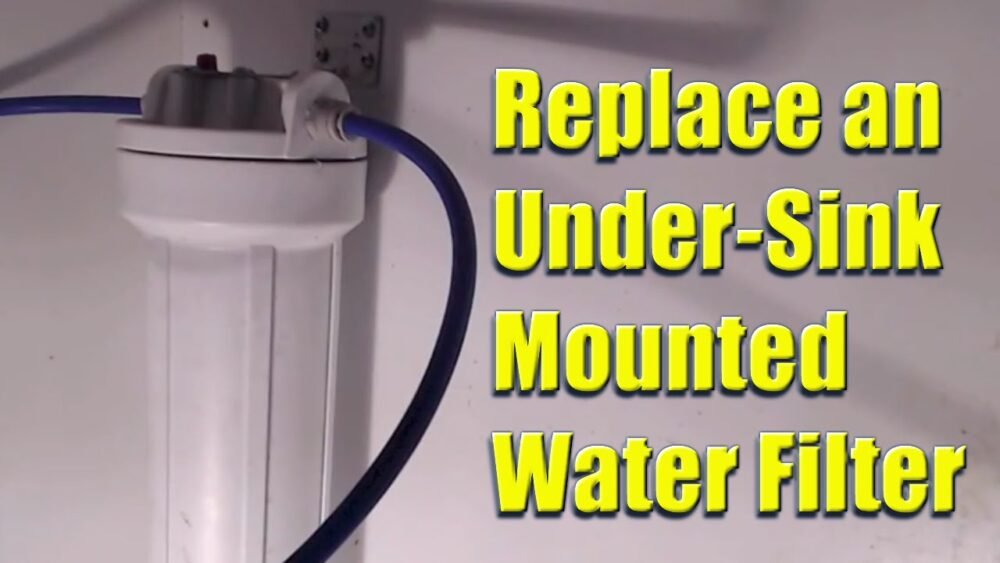
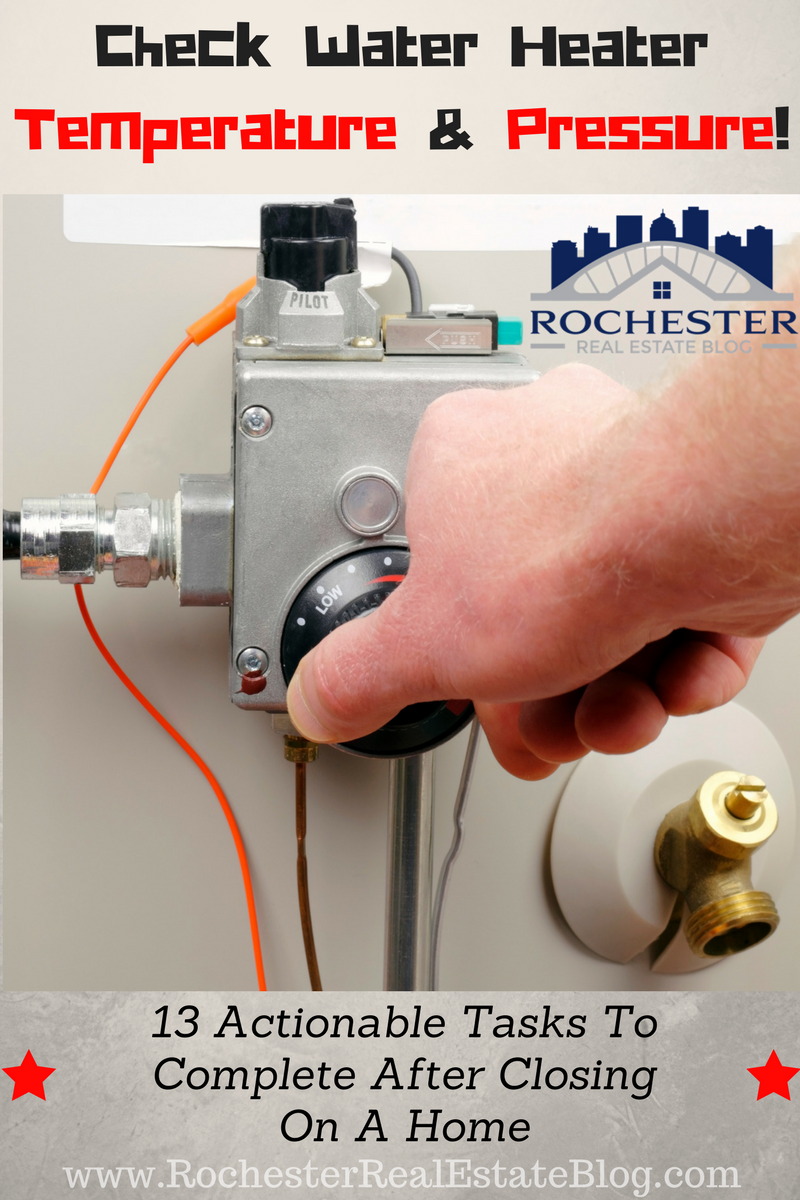




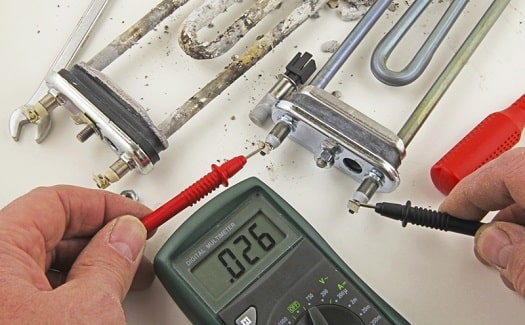
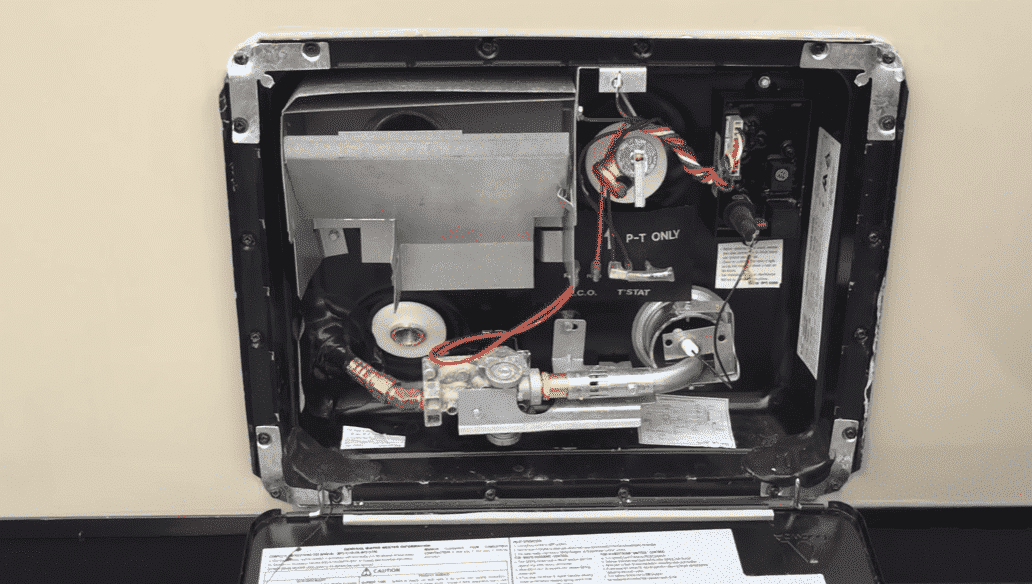

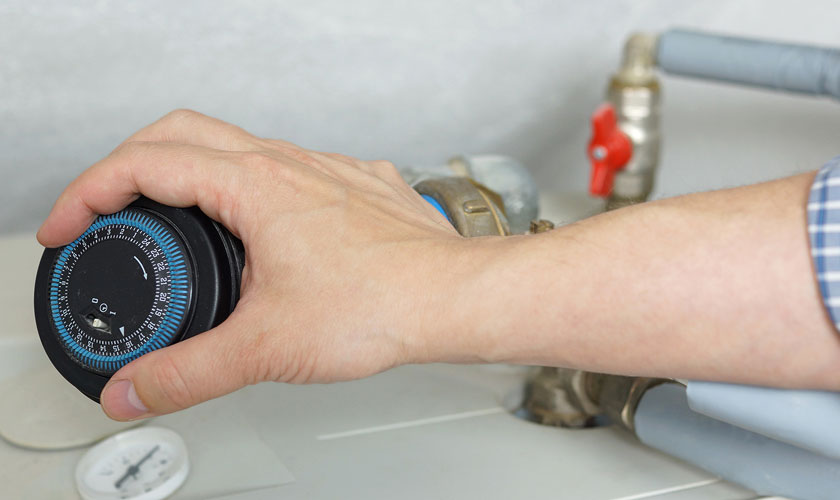

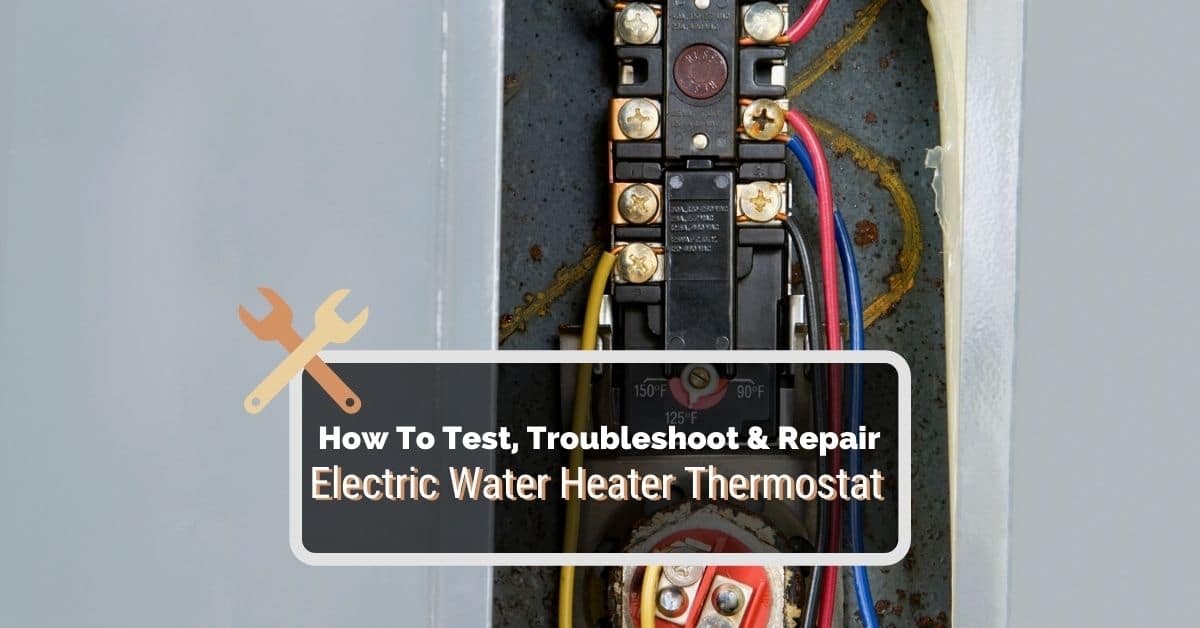
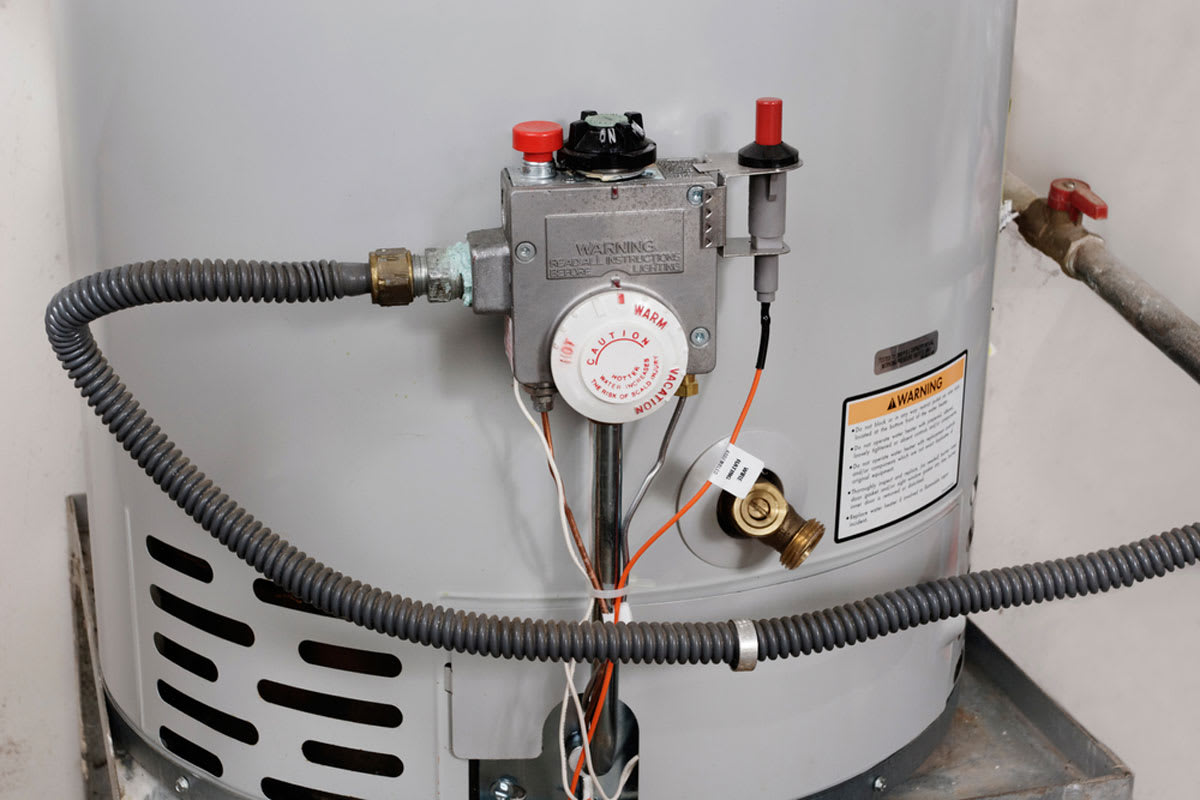



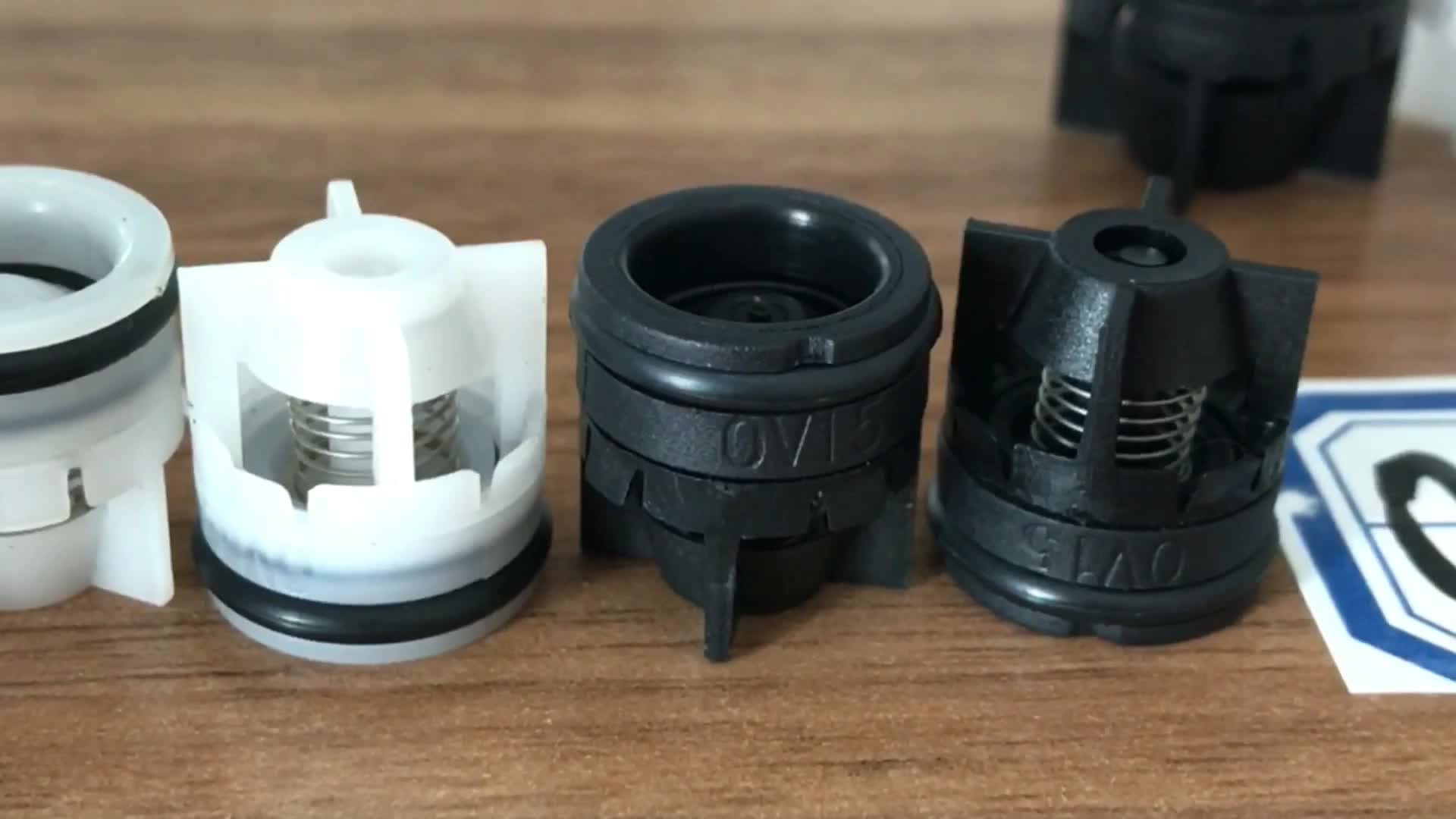
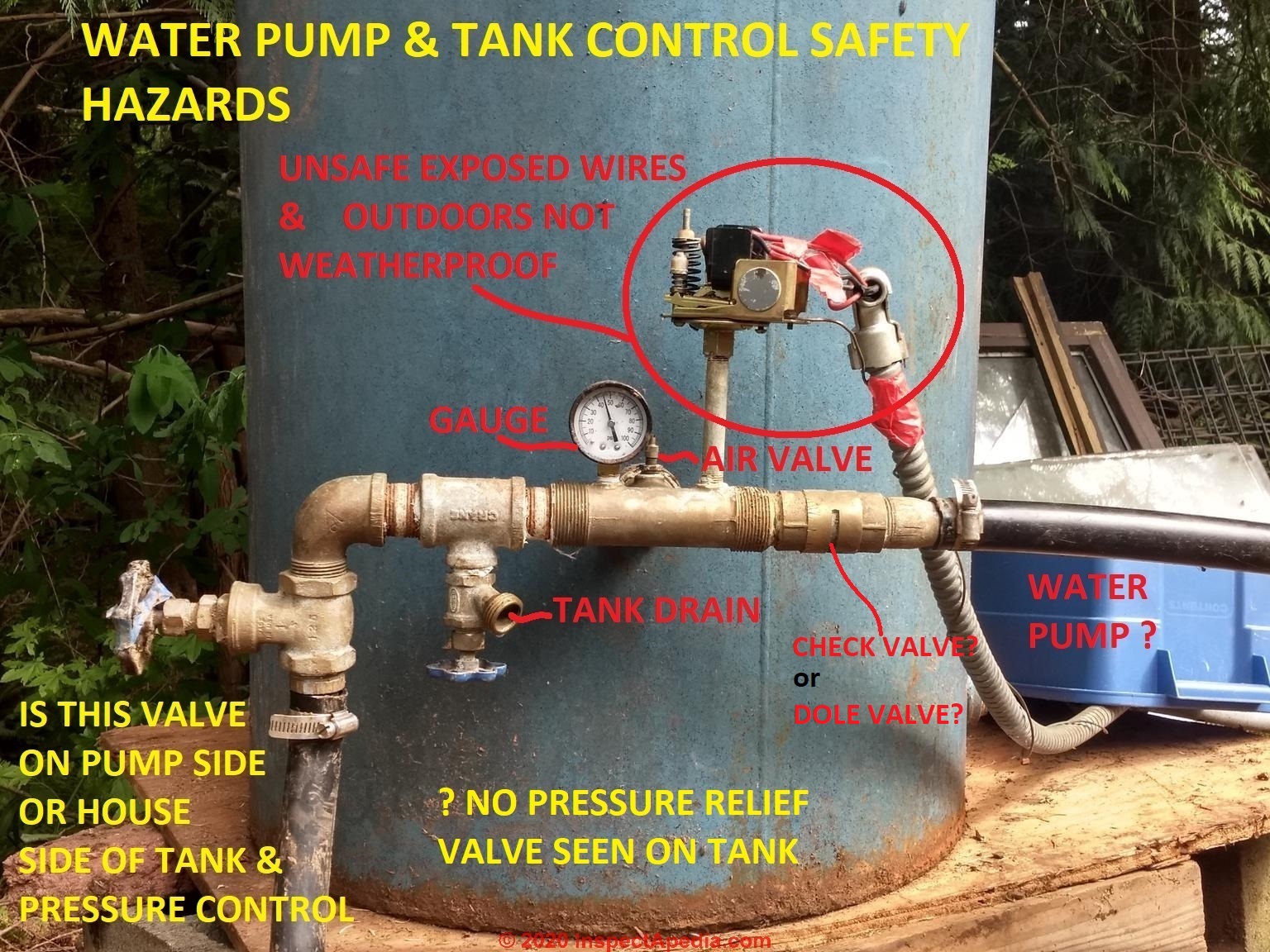




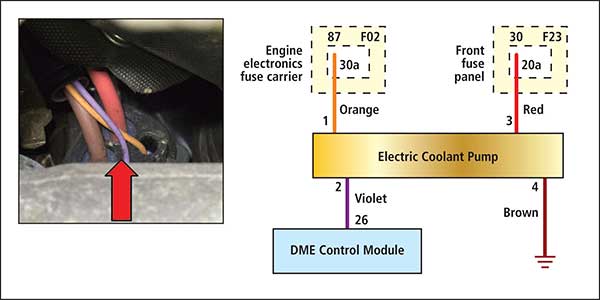




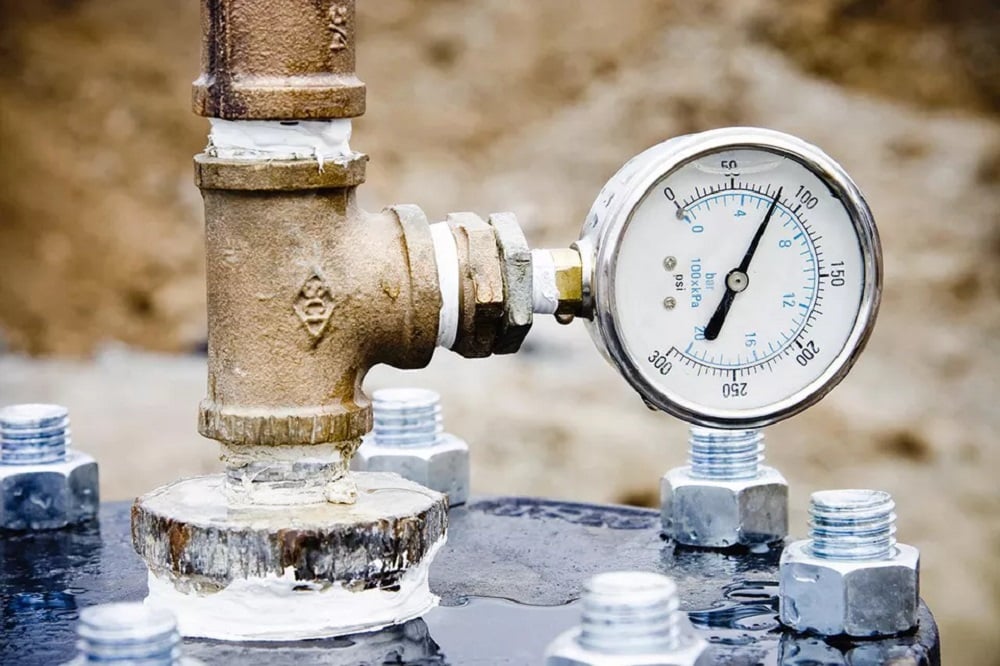
/testing-water-pressure-in-your-home-2718692-hero-98f45508ca5d44b6b551034ac5cedab5.jpg)
:max_bytes(150000):strip_icc()/testing-water-pressure-in-your-home-2718692-04-c37ab3236d0d4b61b87079ebf9ef823e.jpg)
